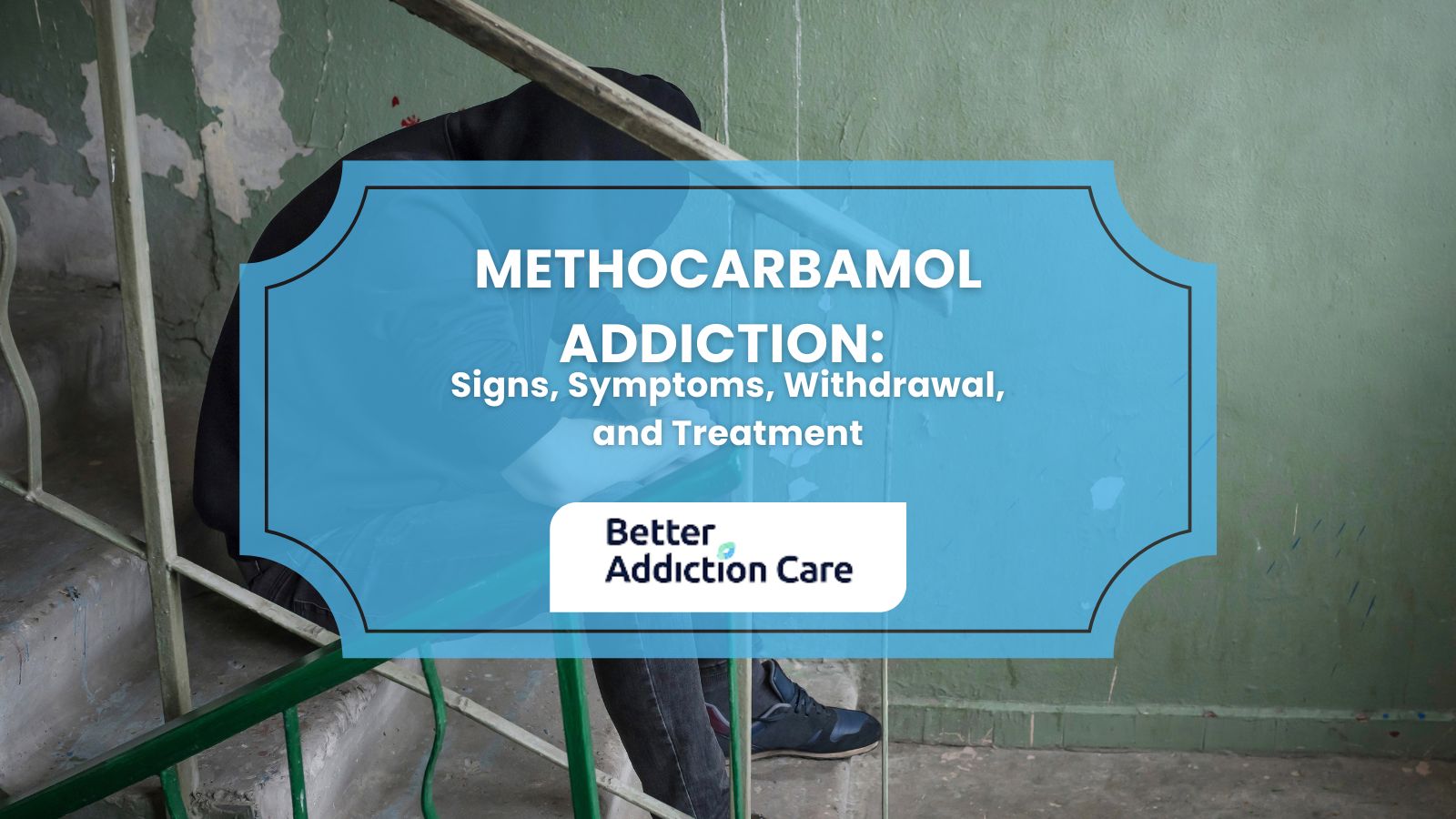286 Best Alcohol and Drug Rehabs in Maryland 2025
Maryland has 286+ drug rehab centers dedicated to helping individuals overcome addiction and reclaim their lives. Our directory provides a curated list of inpatient and outpatient facilities, detox centers, and medication-assisted treatment (MAT) programs to meet diverse recovery needs.
Find and compare treatment options, locations, and specialized services to choose the right path for you or your loved one. Whether you’re seeking medical detox, therapy-based programs, or long-term recovery solutions, this resource connects you with trusted providers in Maryland.
Browse the listings below to explore accredited addiction treatment centers near you and take the first step toward lasting recovery.
286 Treatment Centers in Maryland, US
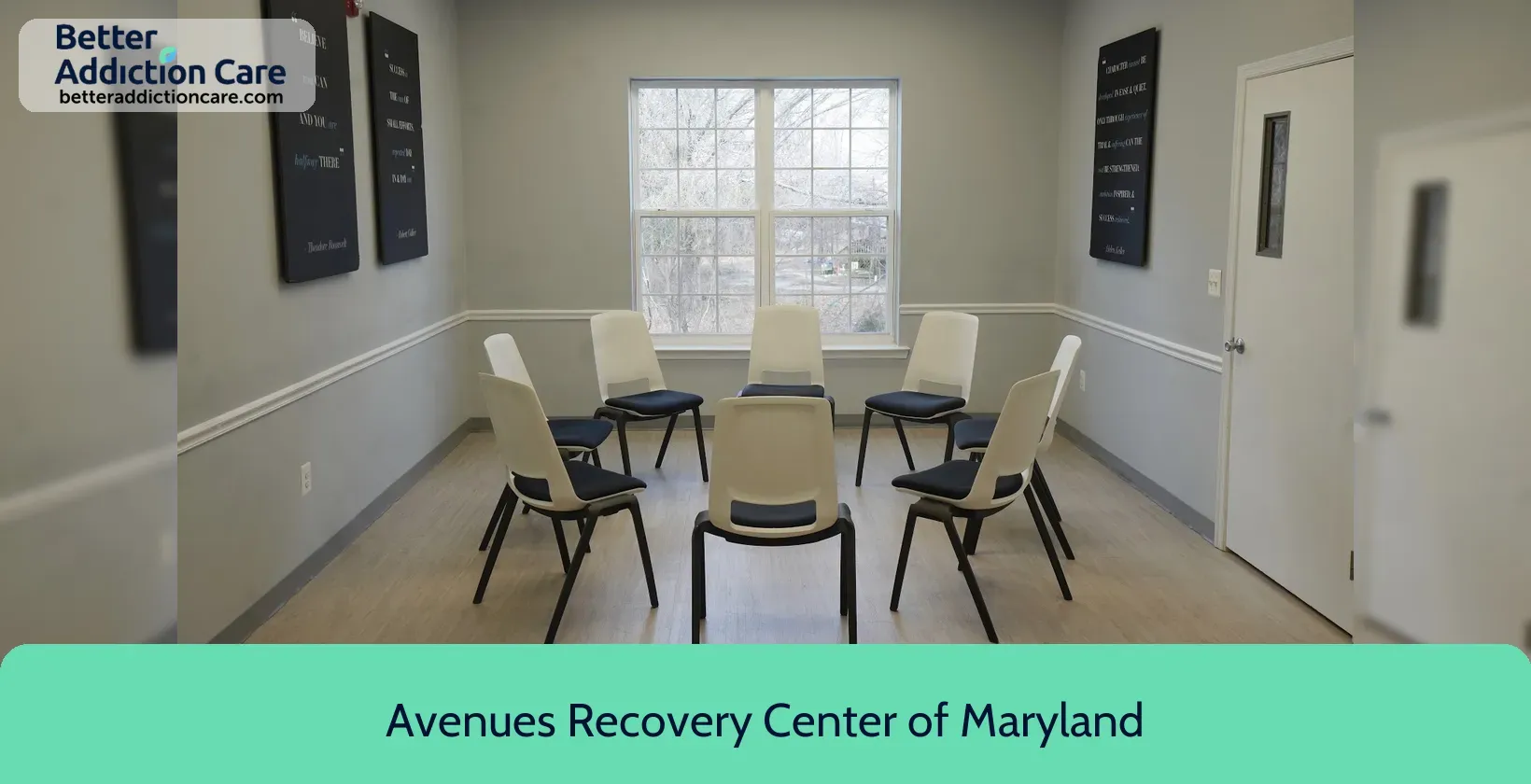
7.97
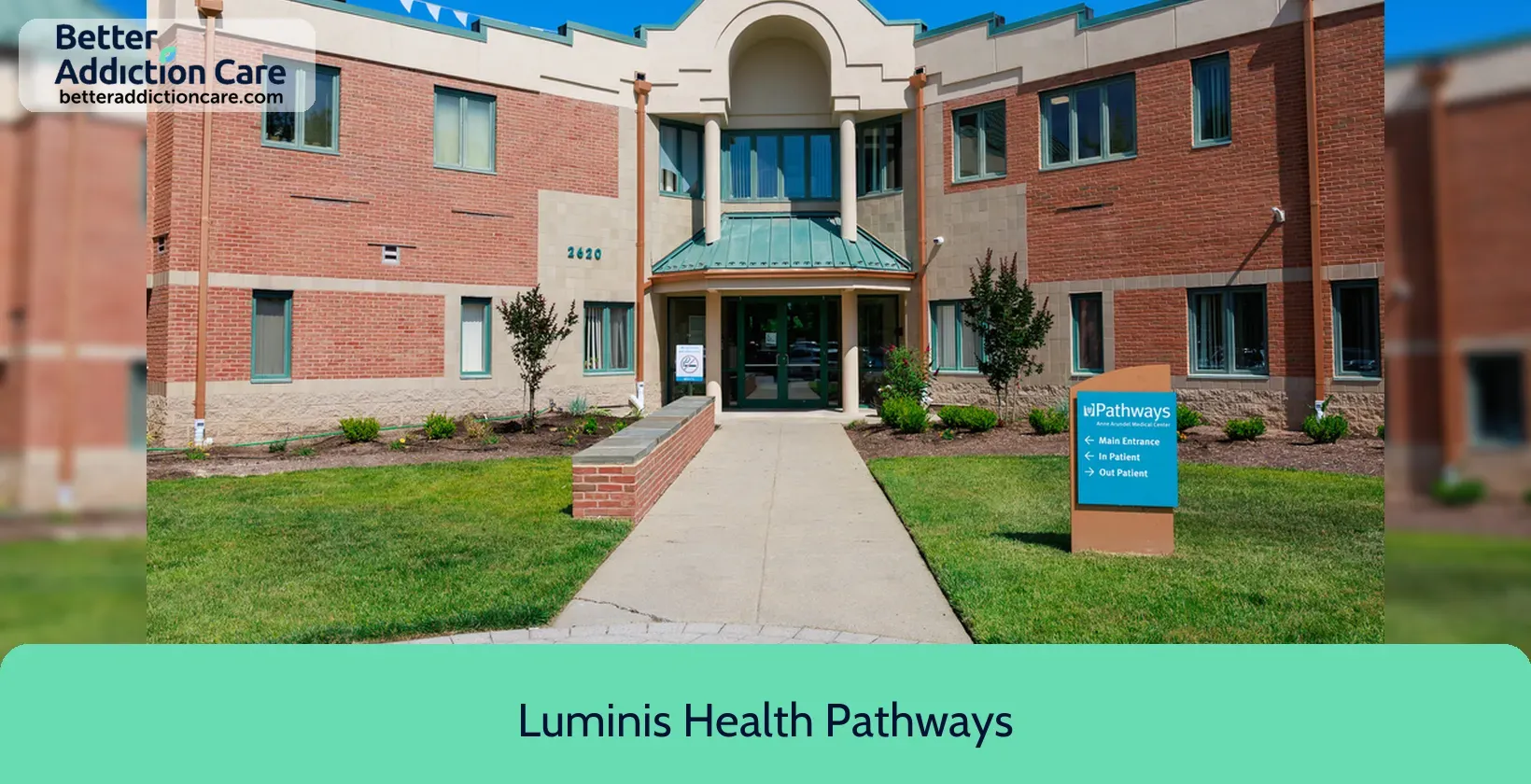
7.86
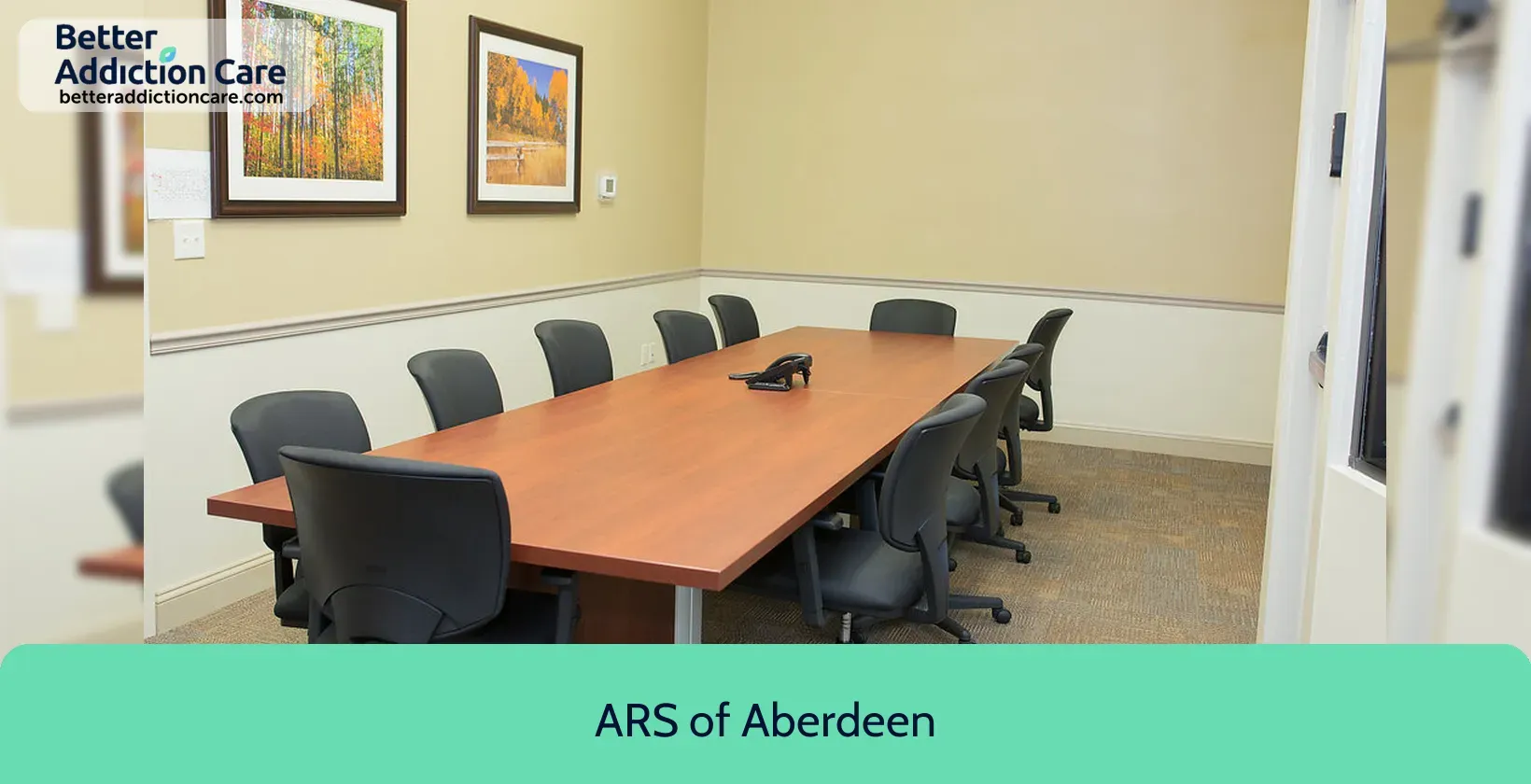
7.07
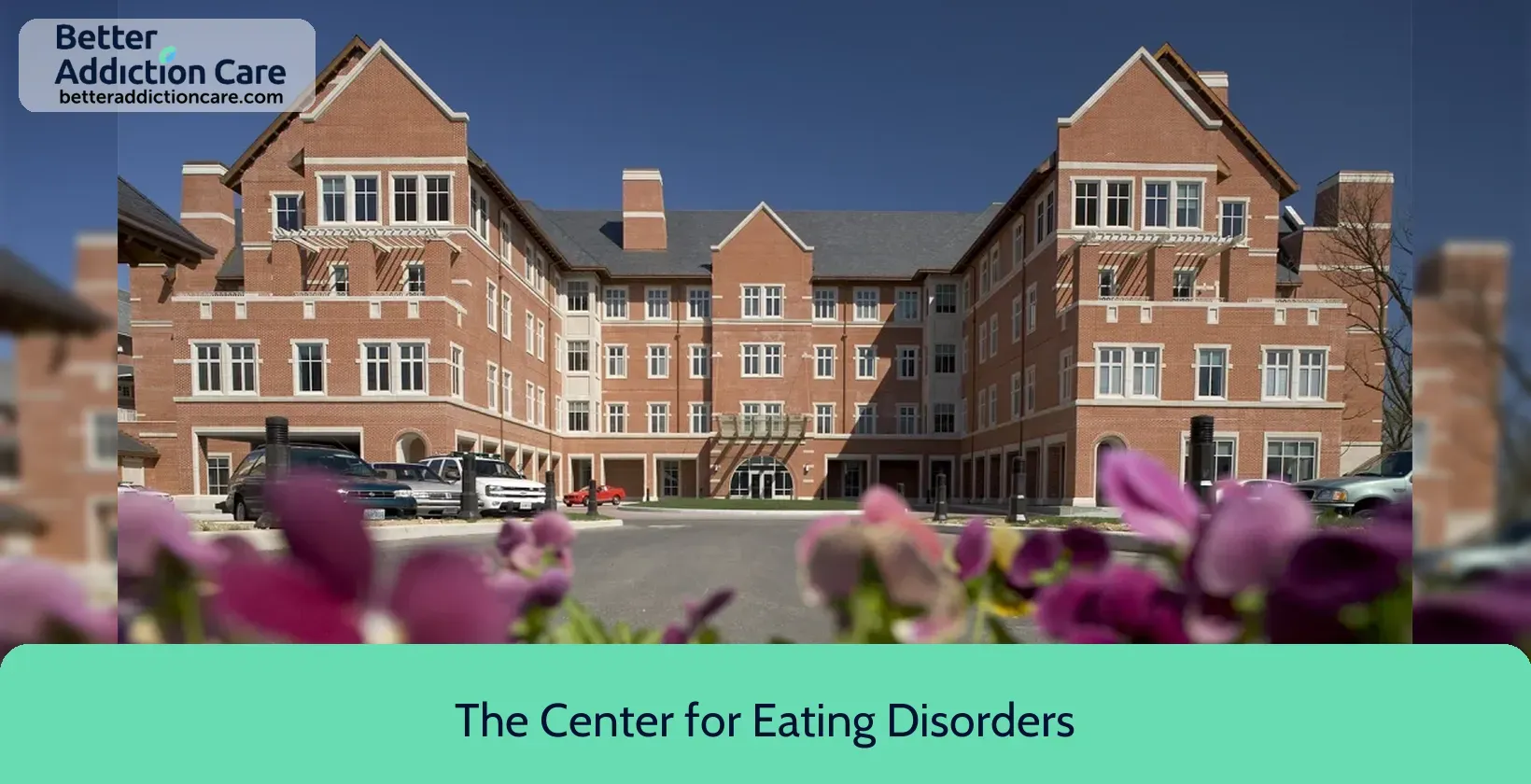
7.10

6.74
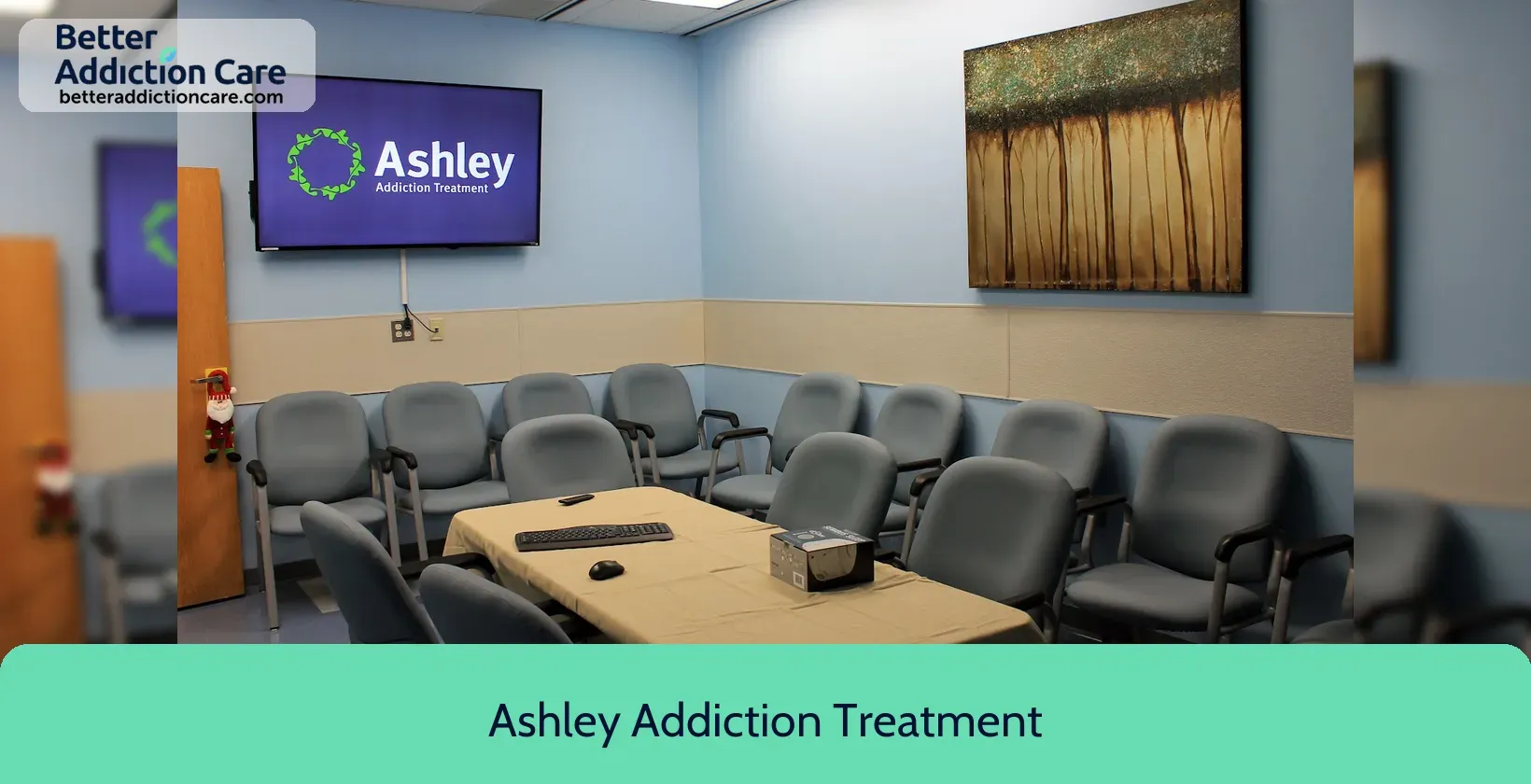
7.69

7.07

7.03

7.19
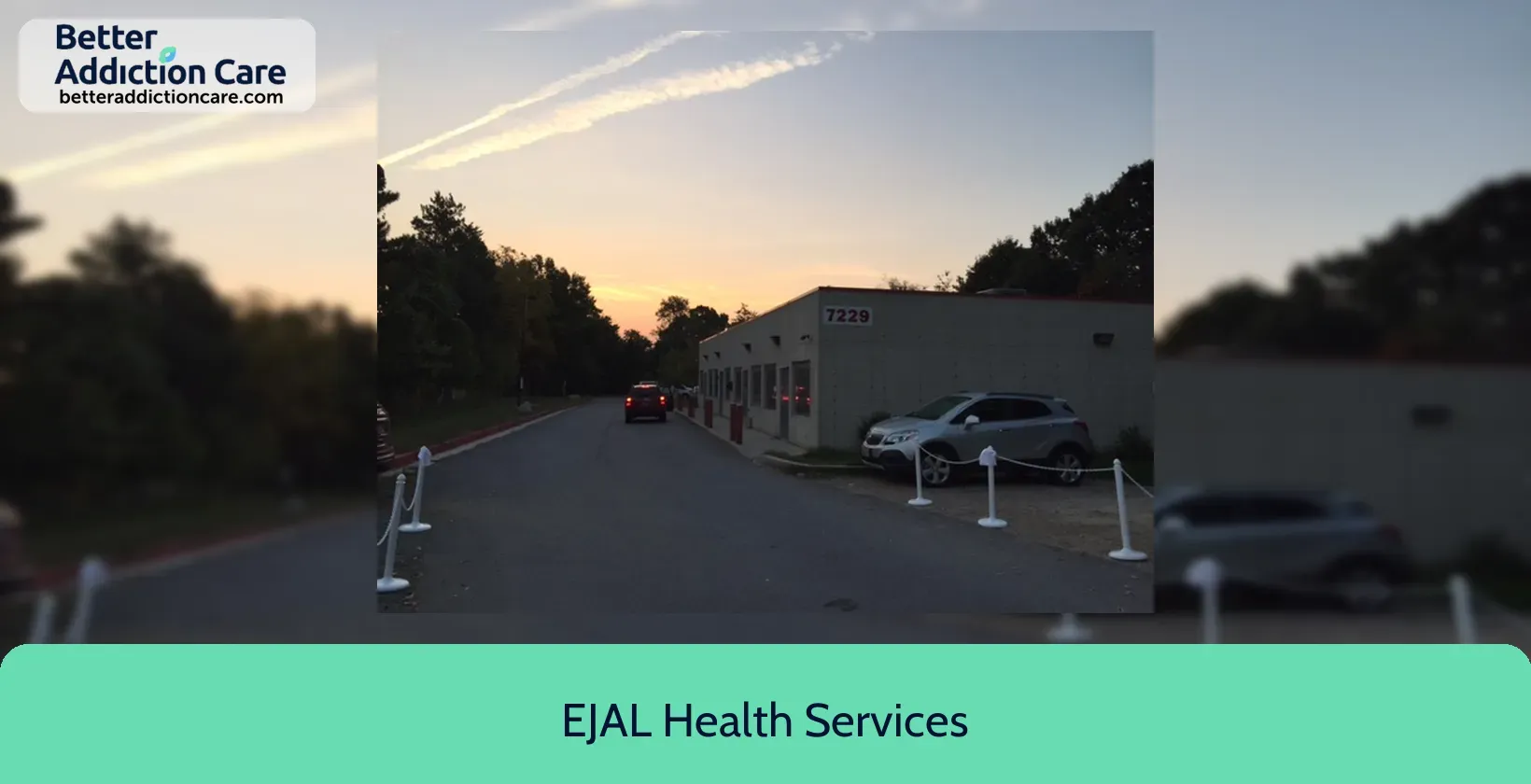
7.03
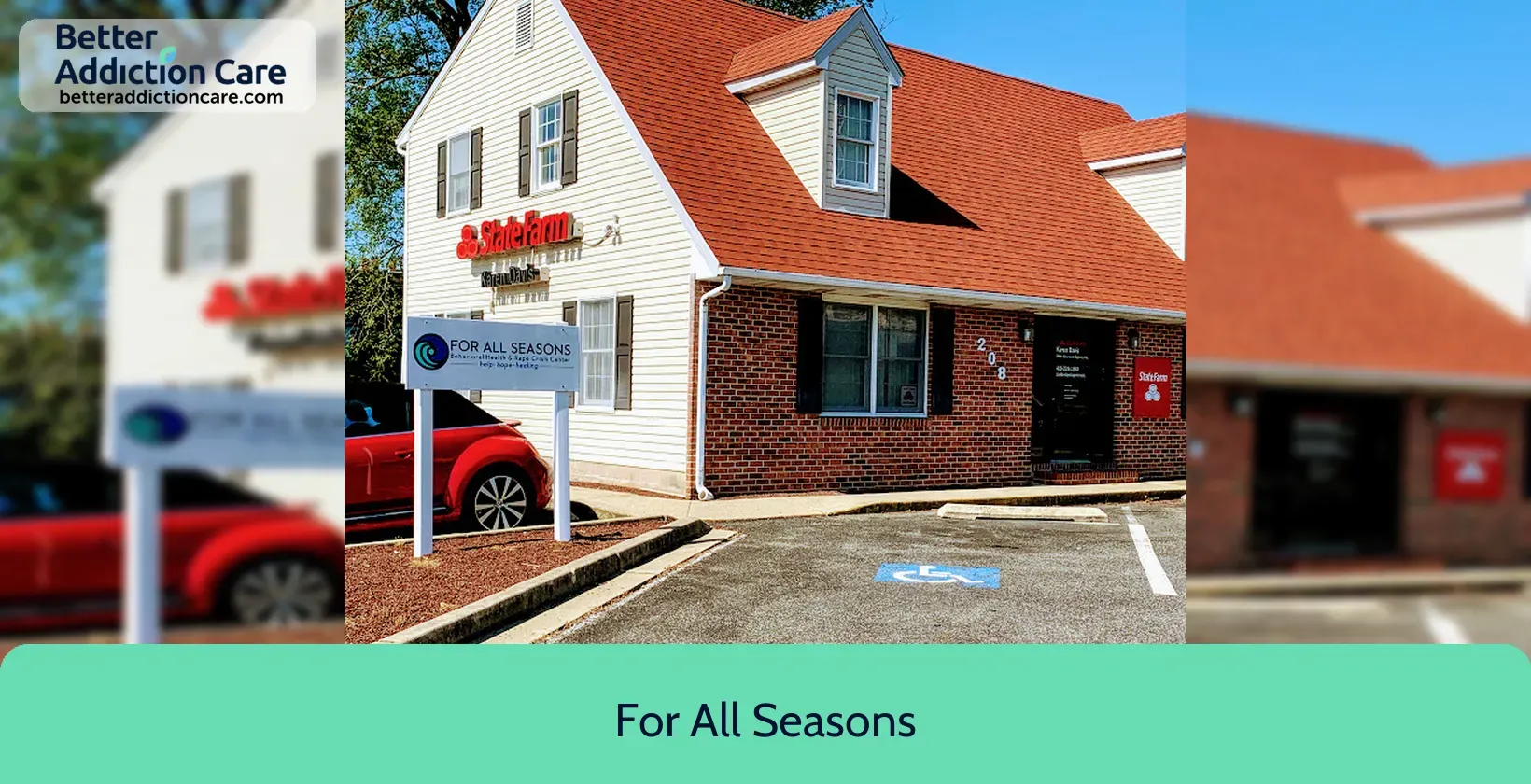
6.85
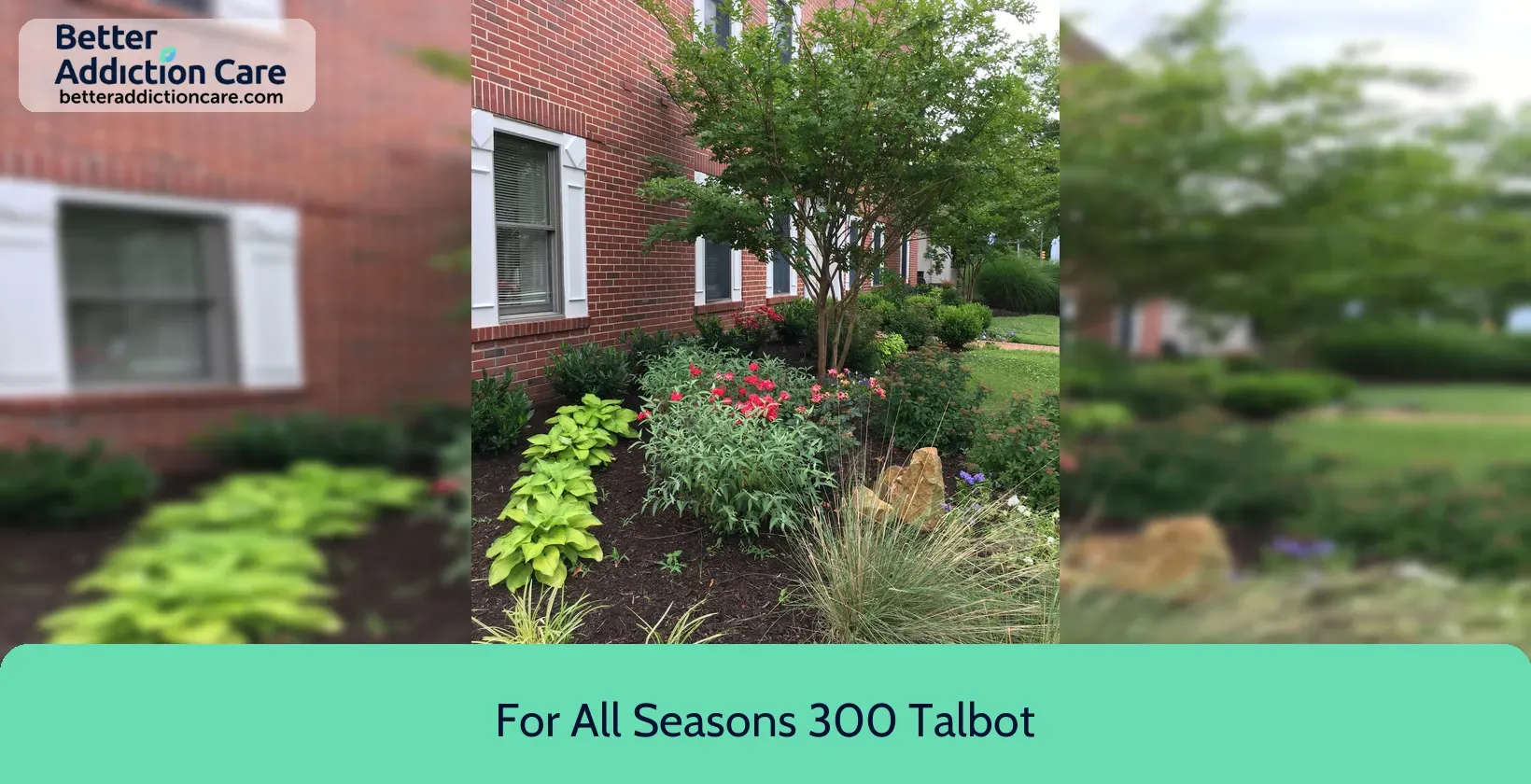
6.85
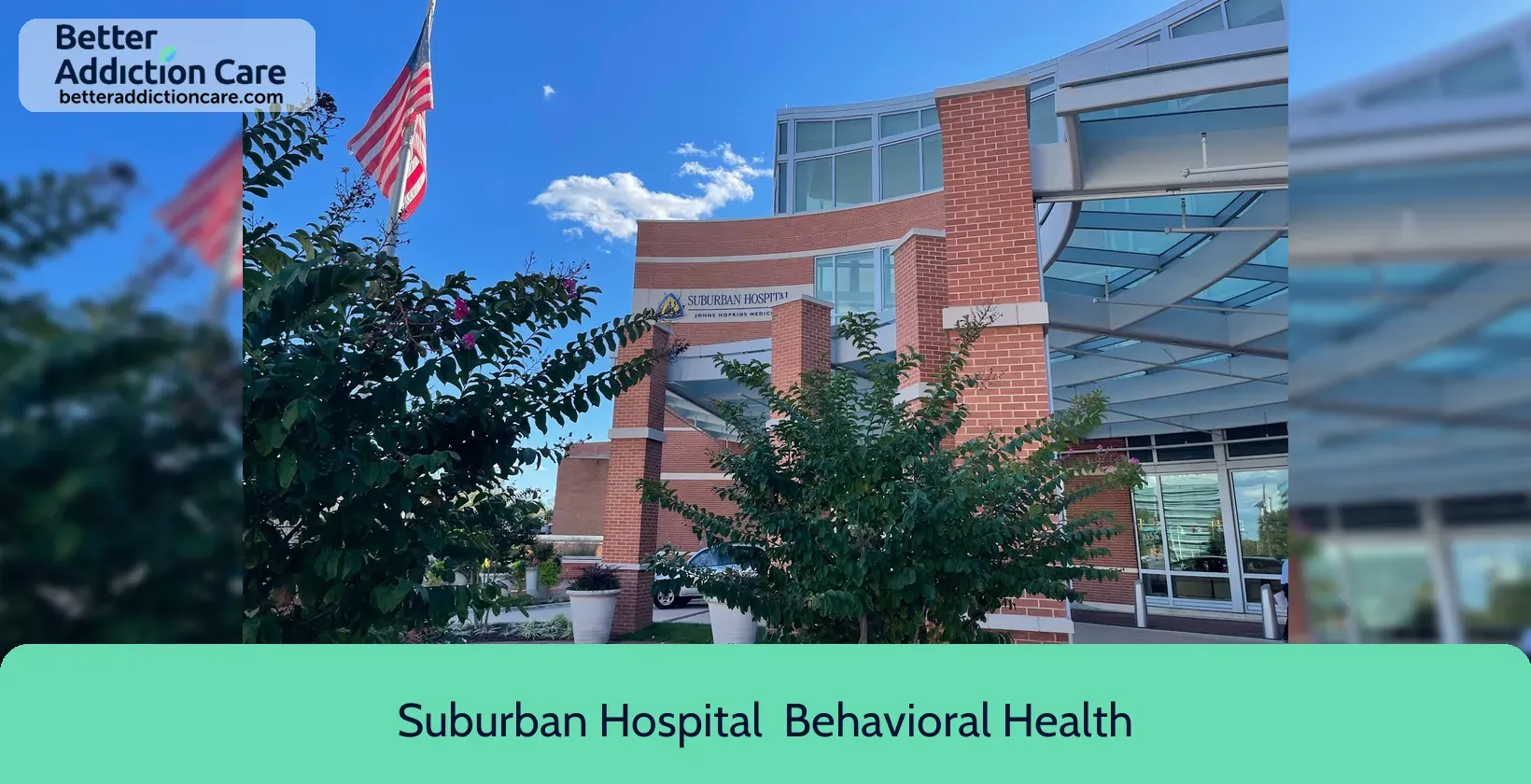
6.69
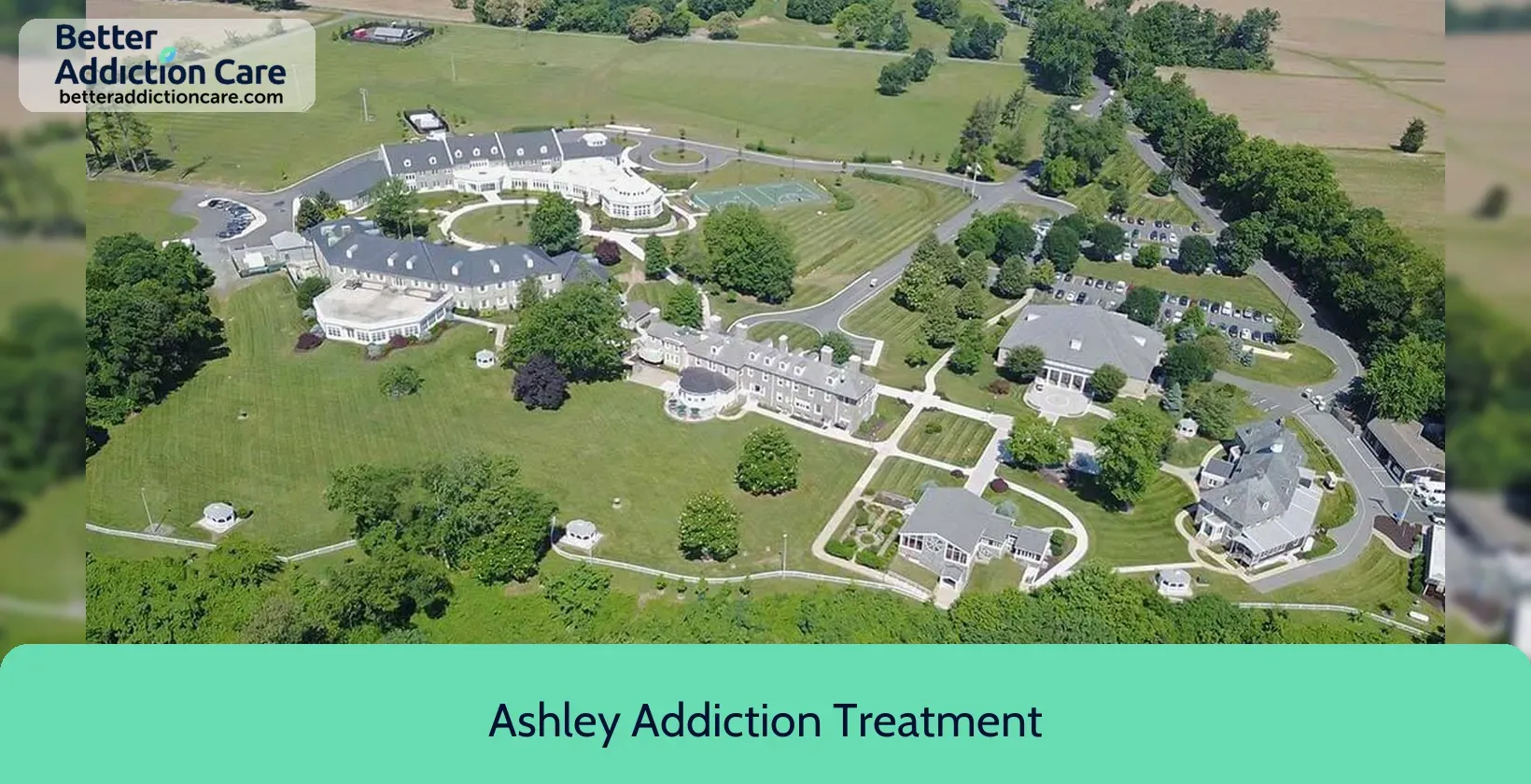
7.72
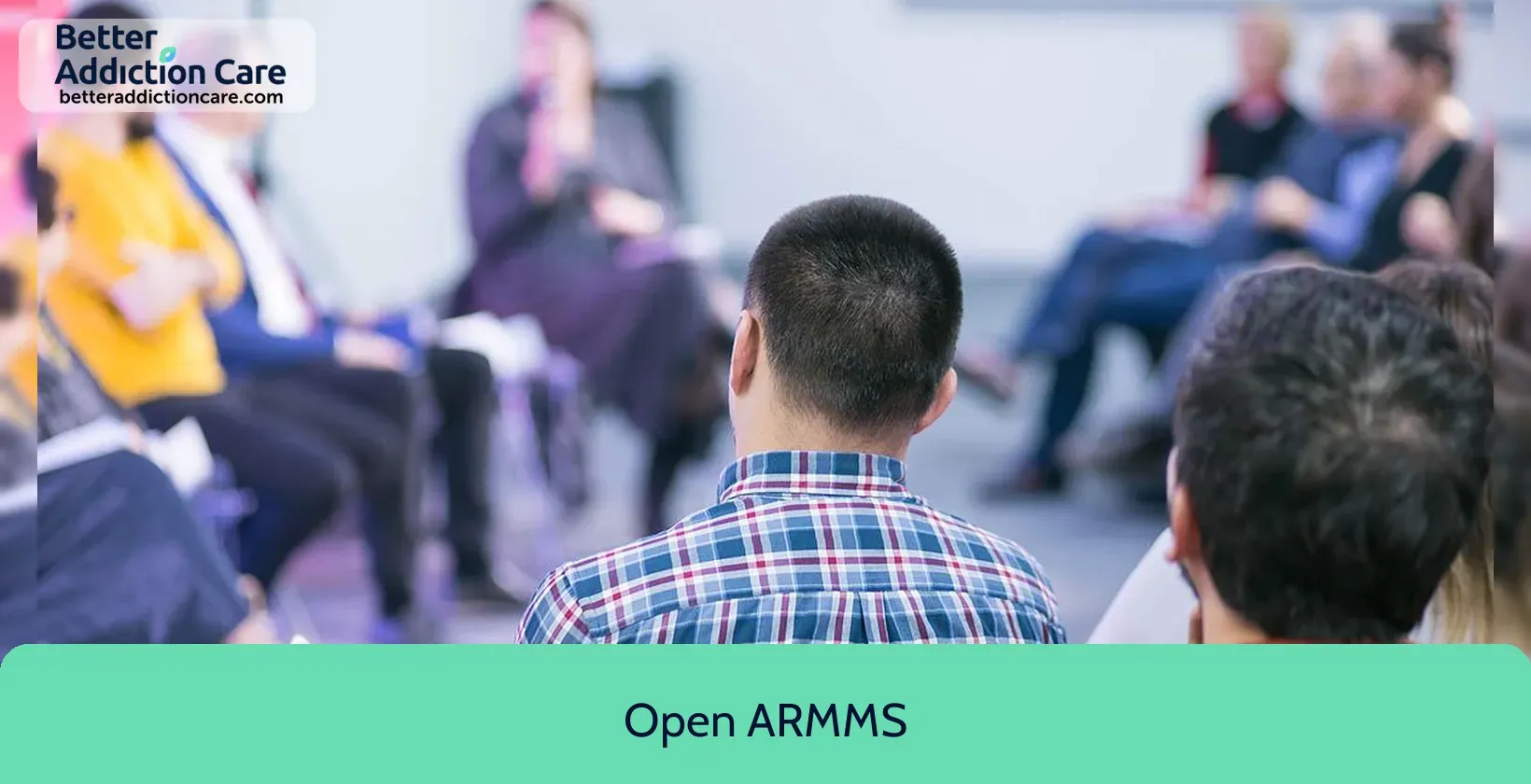
7.37
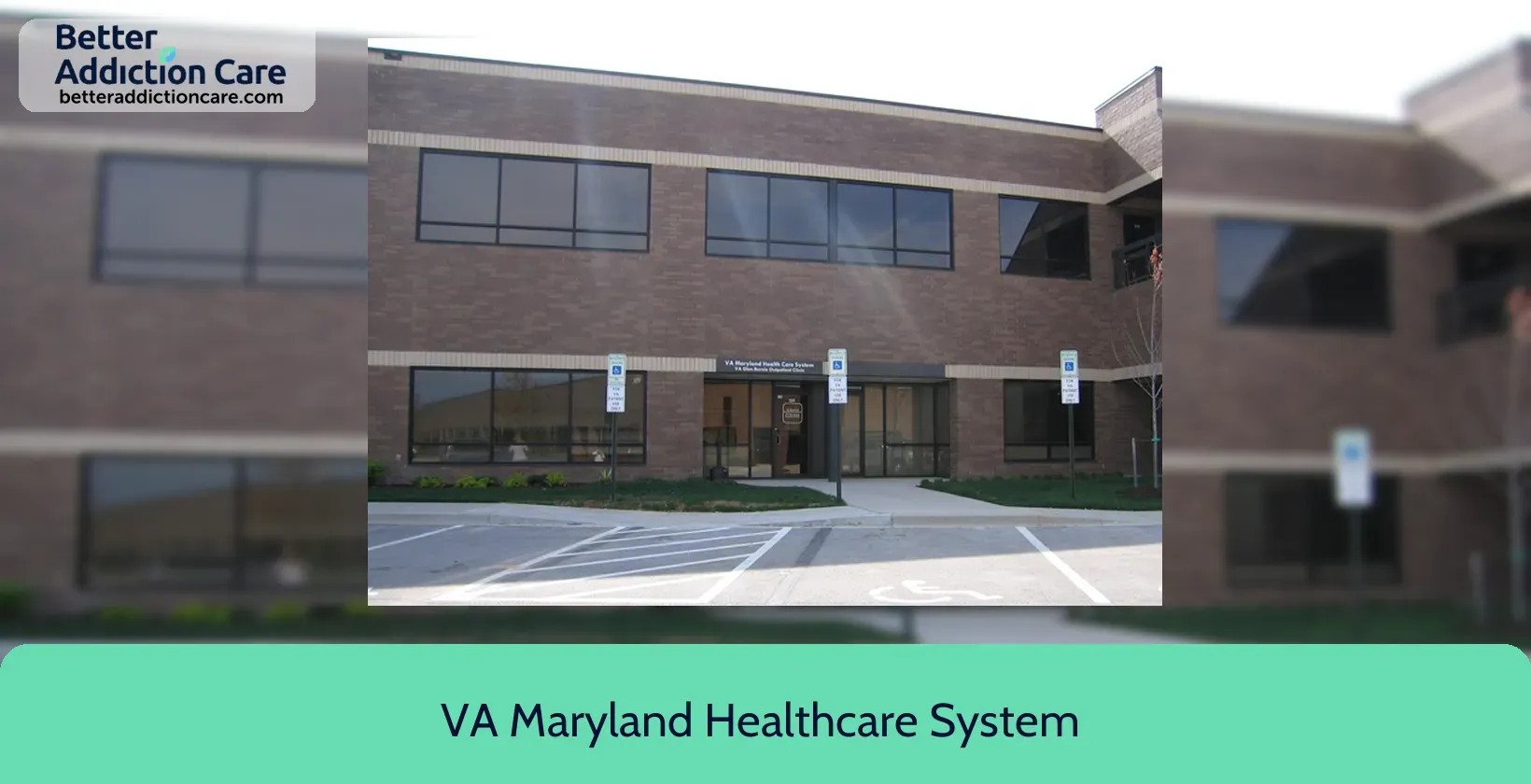
6.82
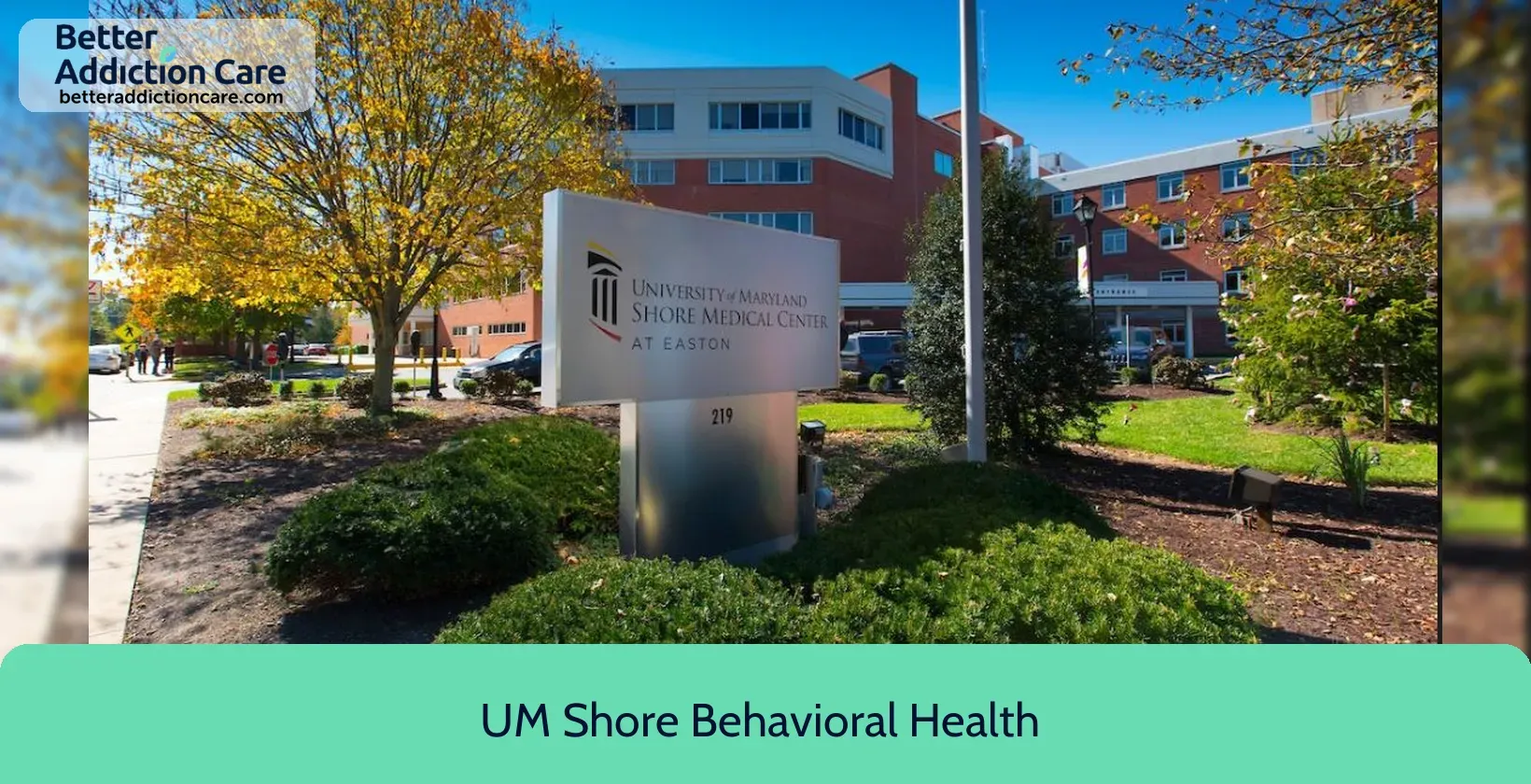
7.14
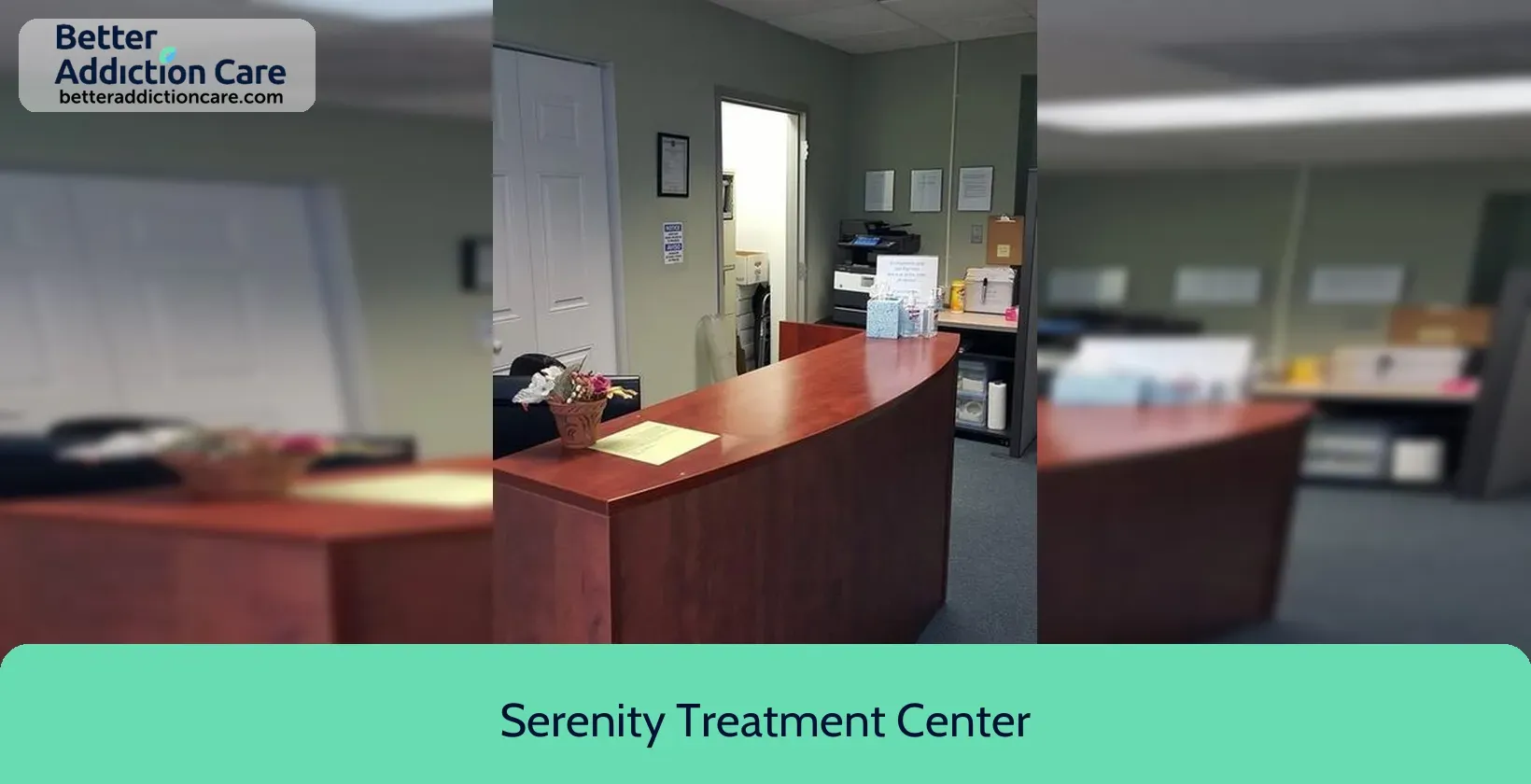
7.26
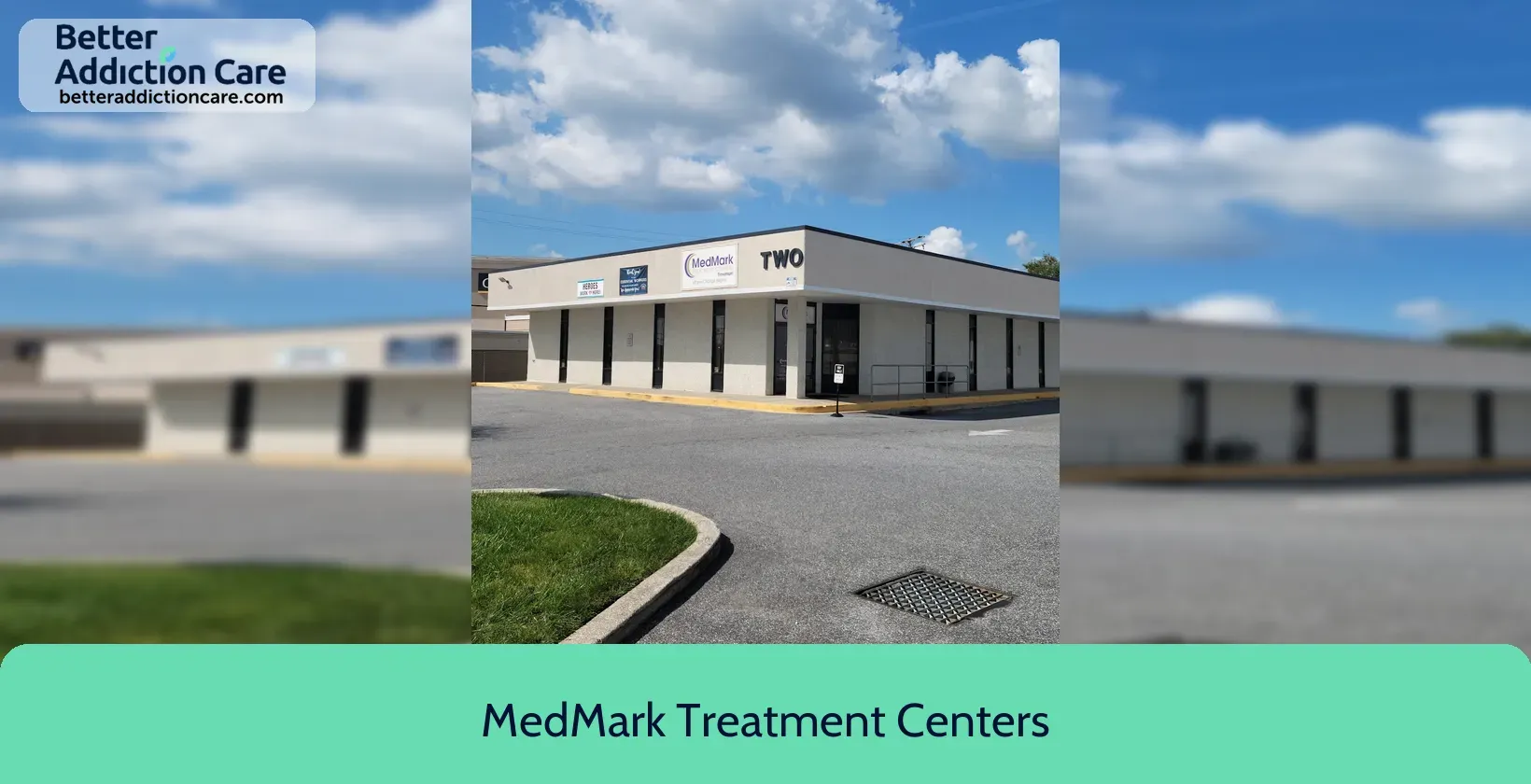
7.43
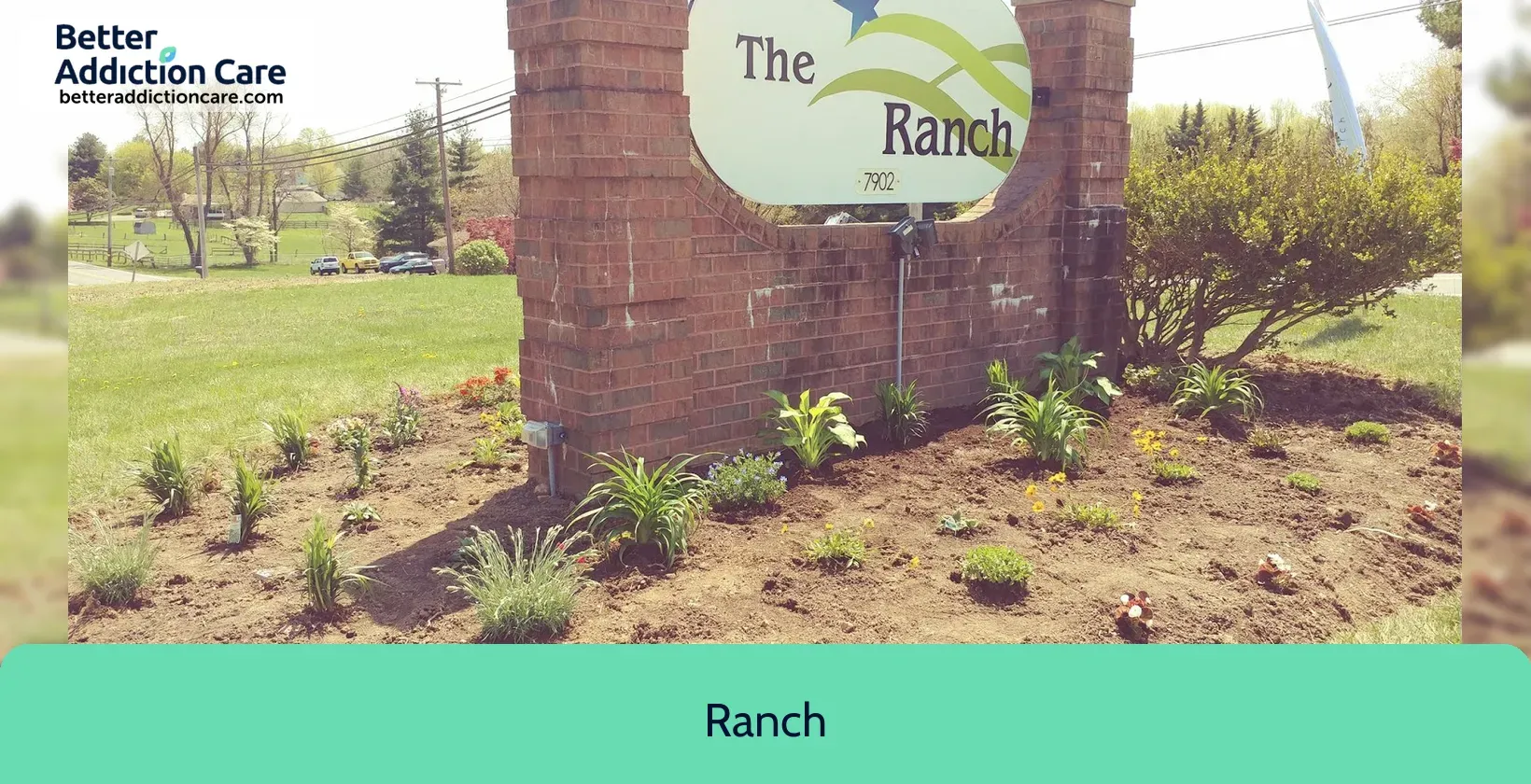
6.96
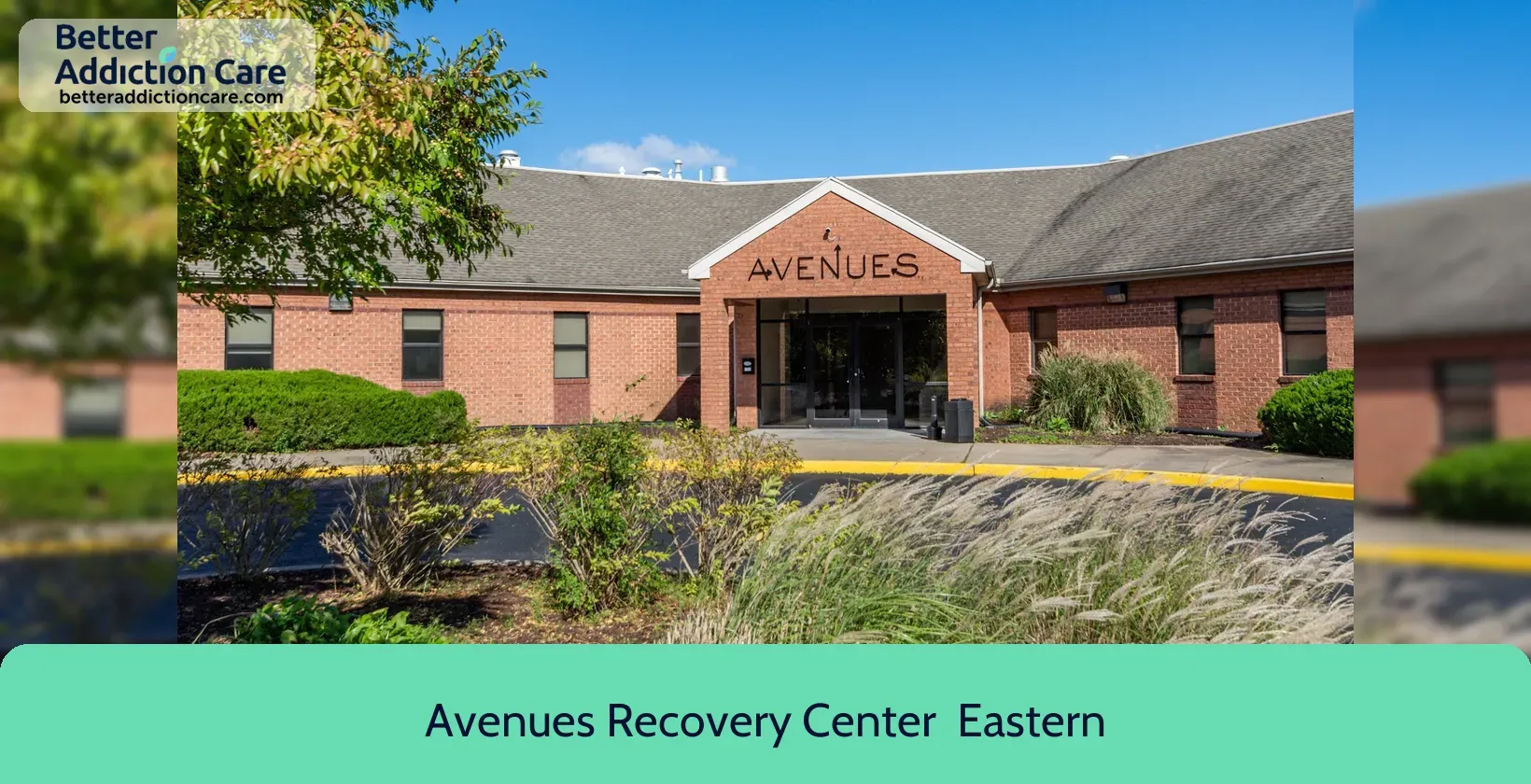
7.65

6.62
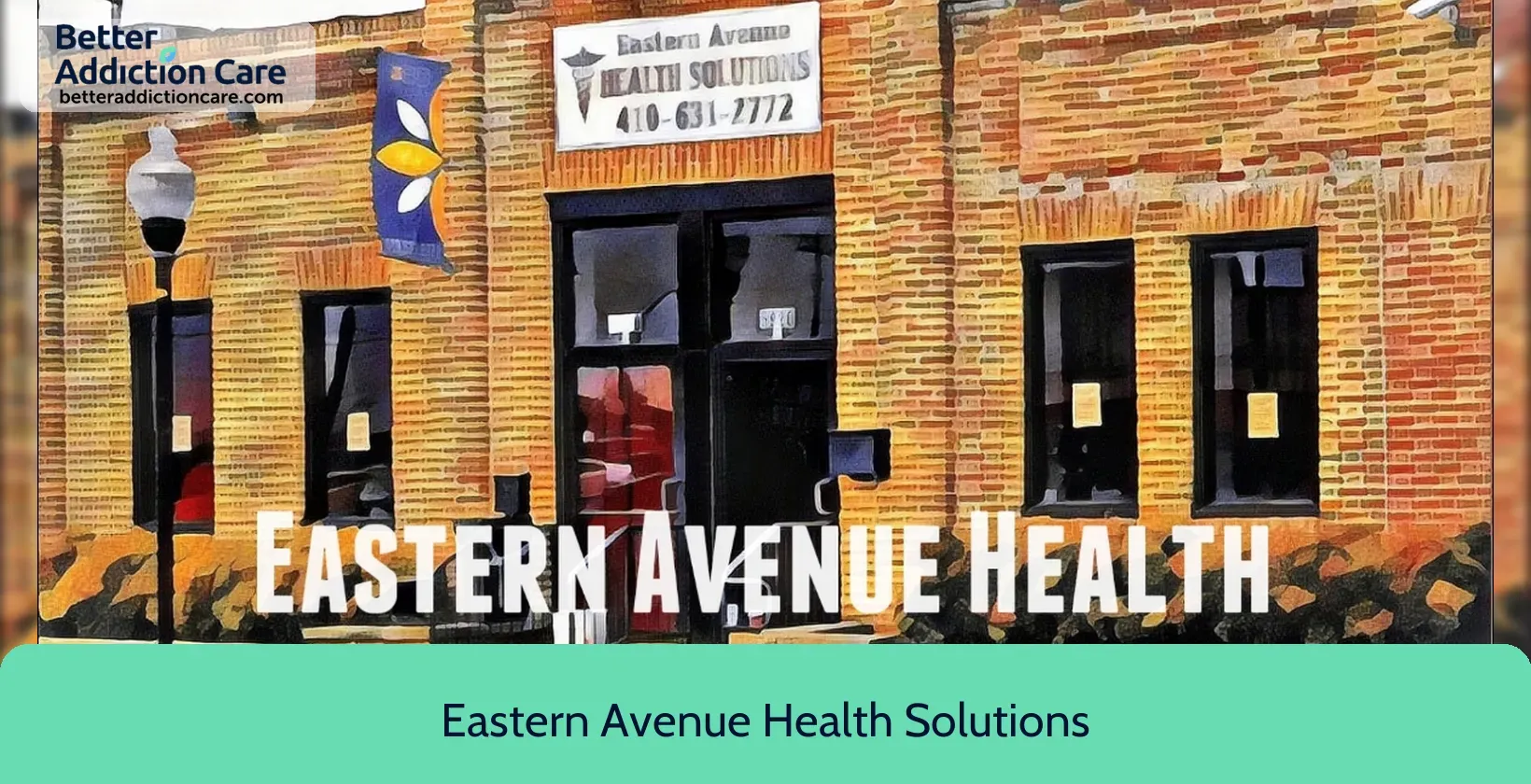
6.85
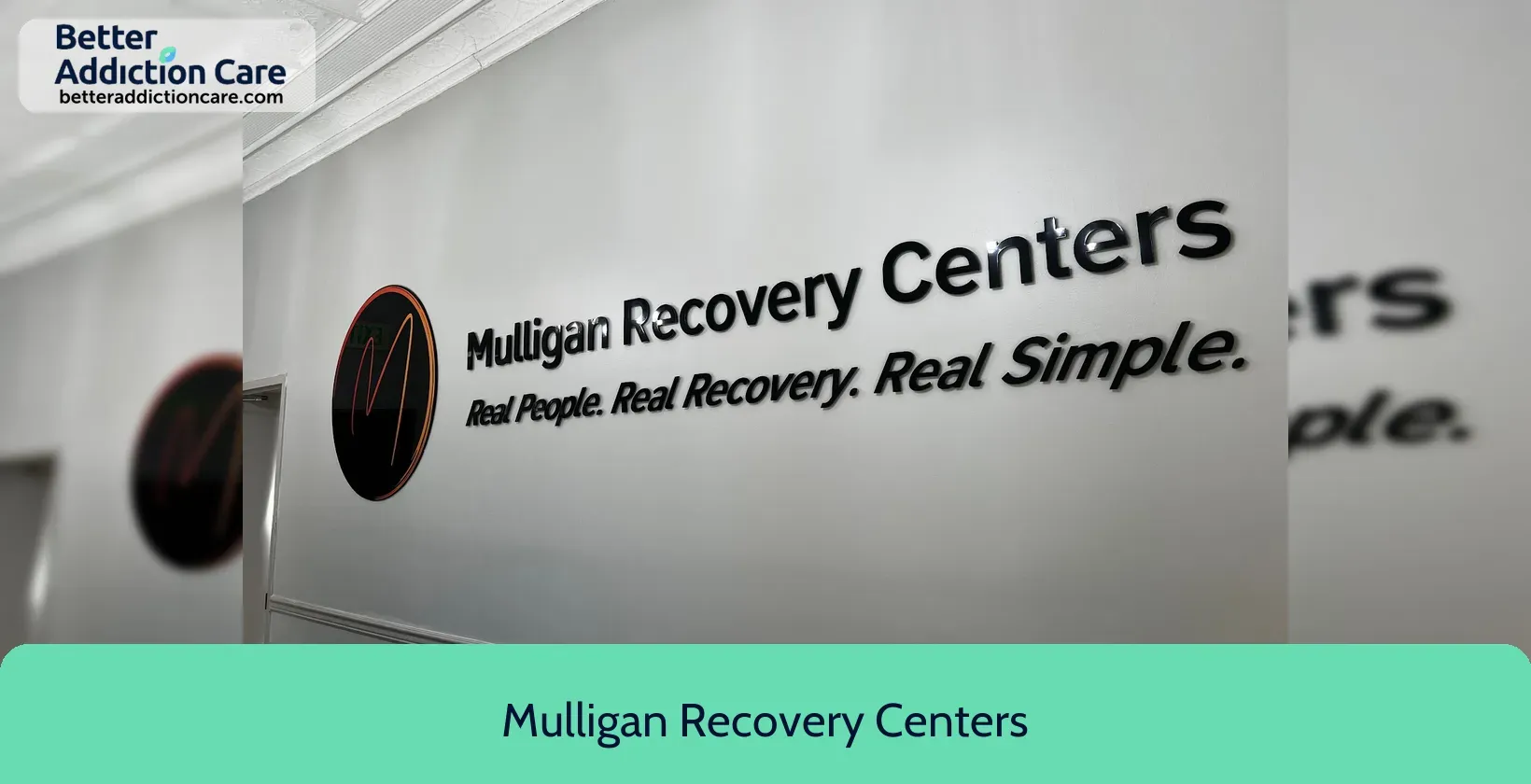
6.91
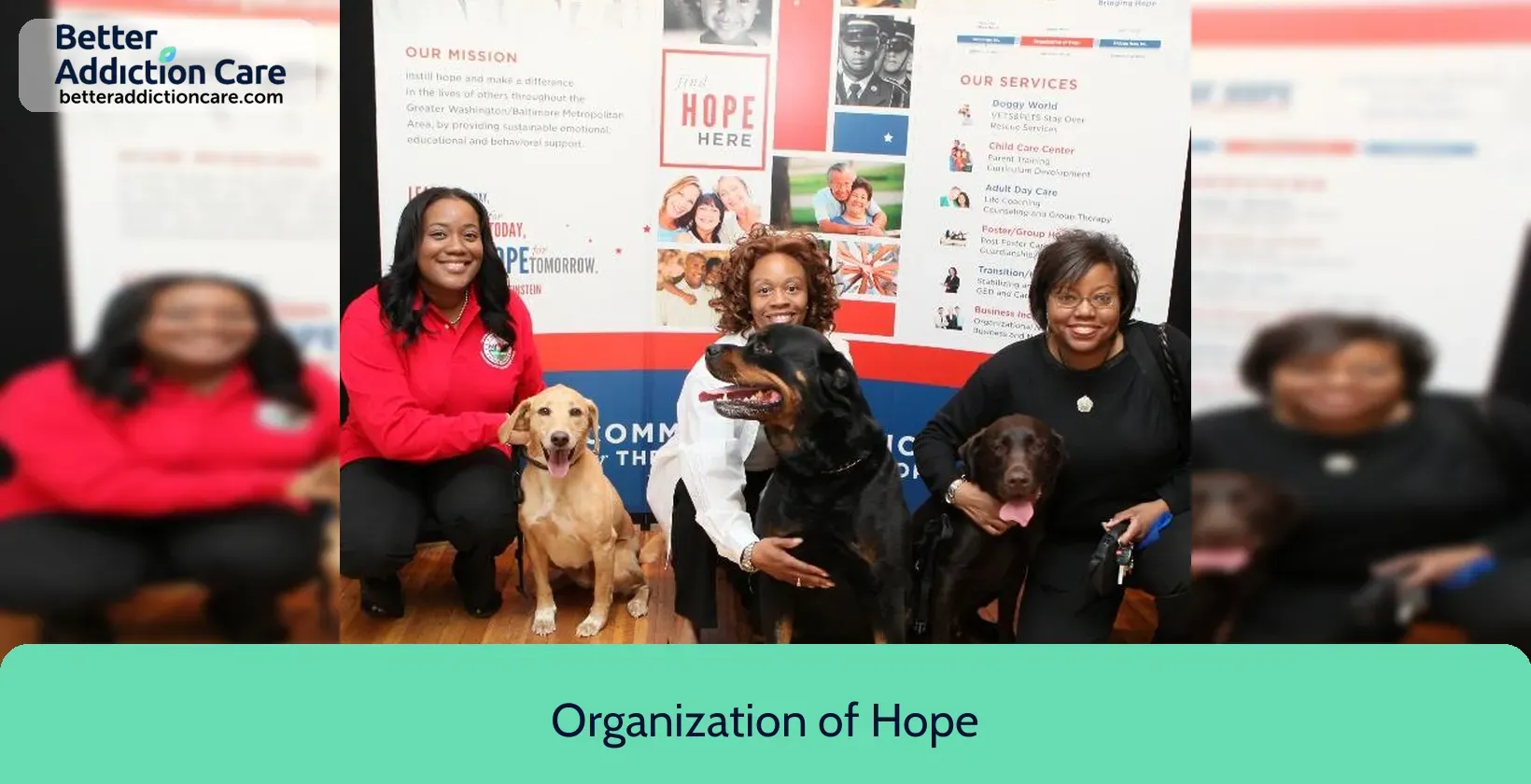
6.80
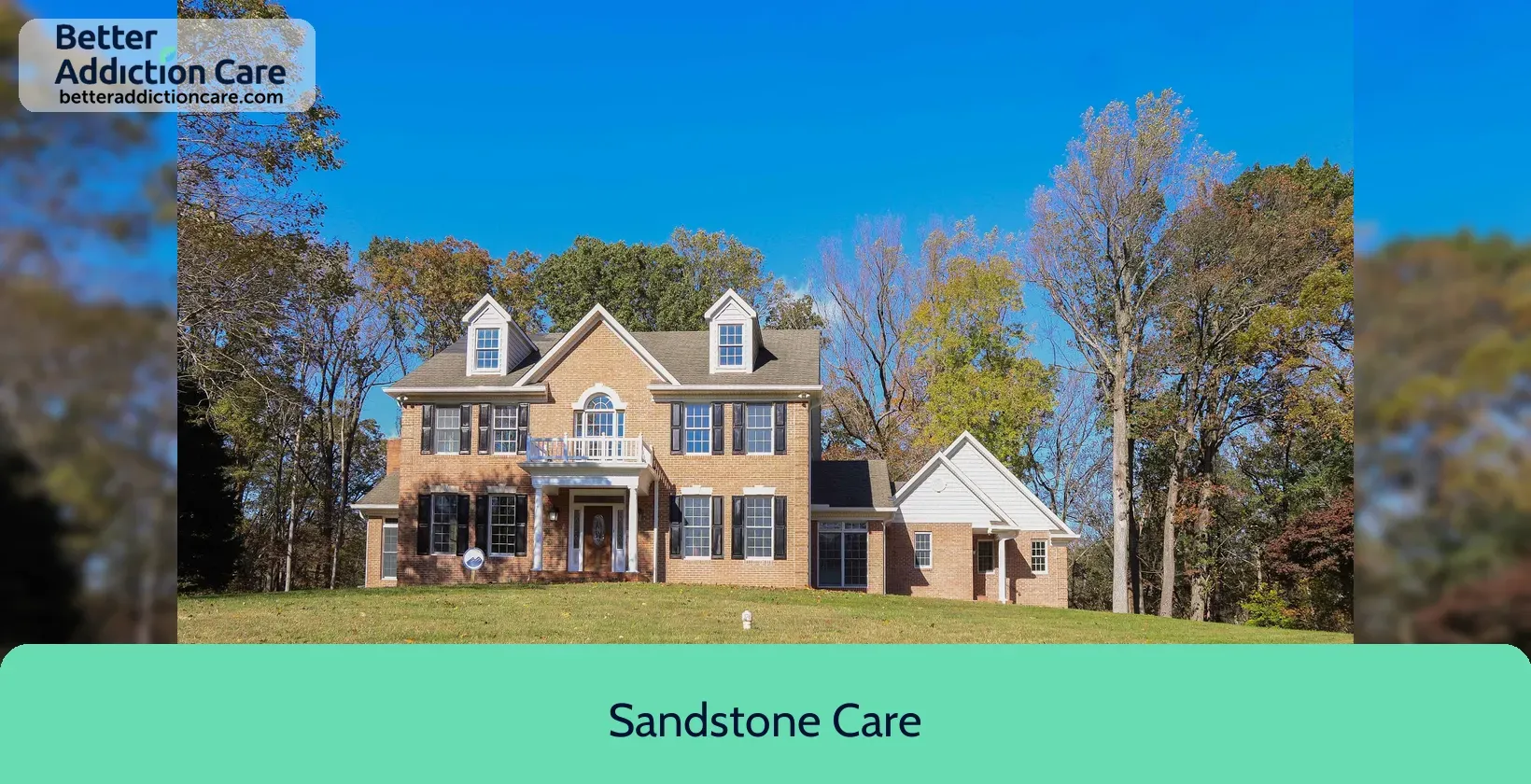
7.43
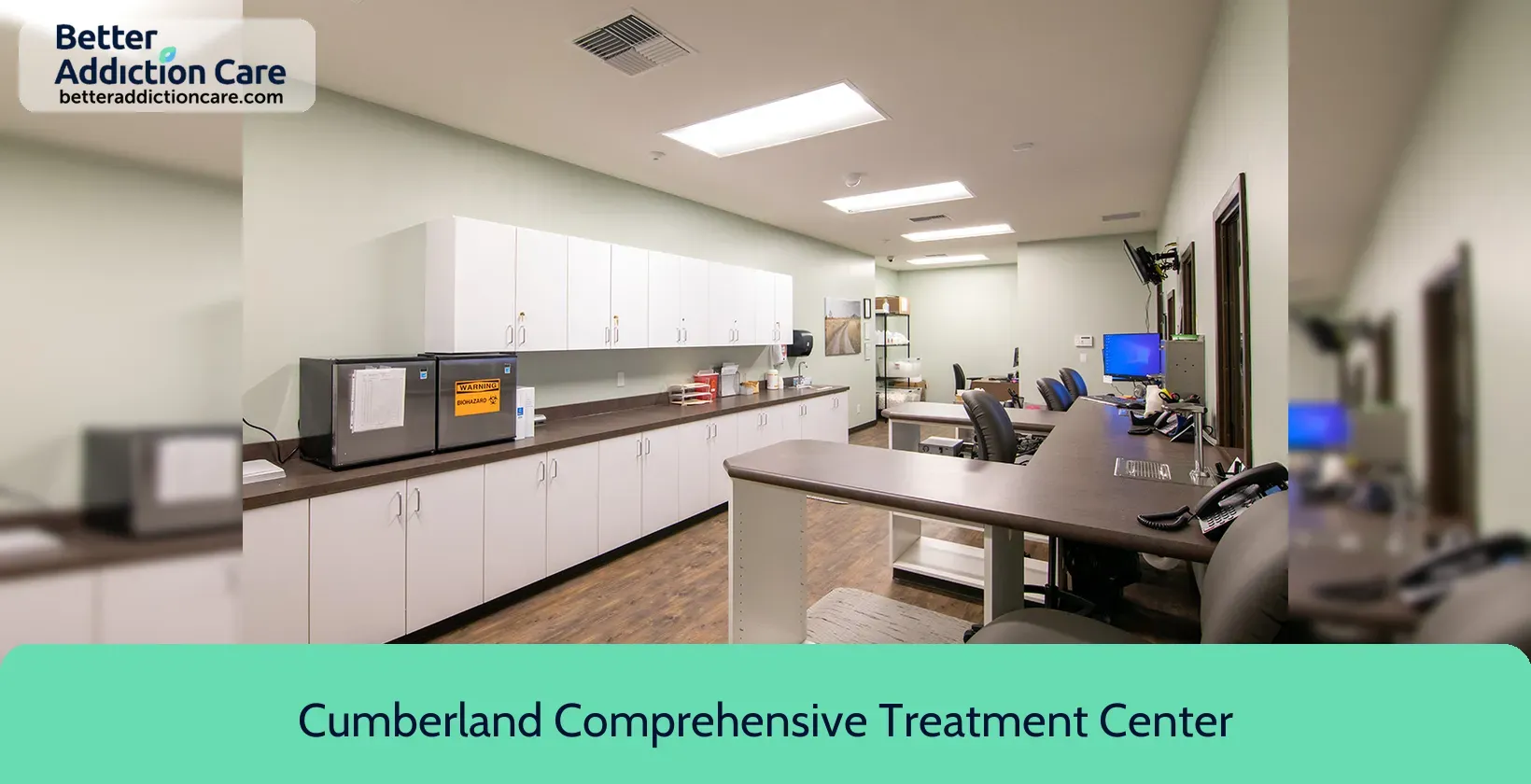
7.23
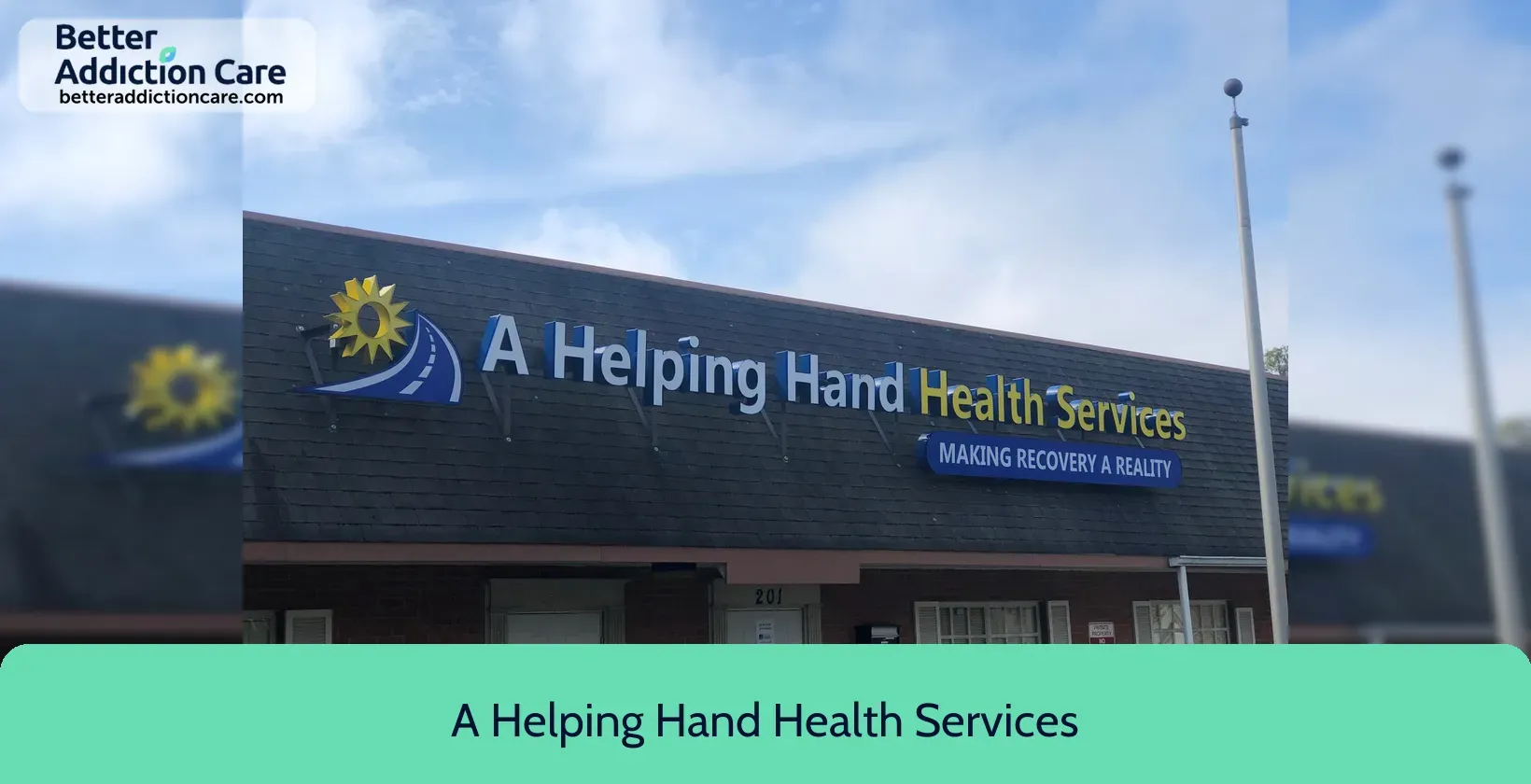
6.93
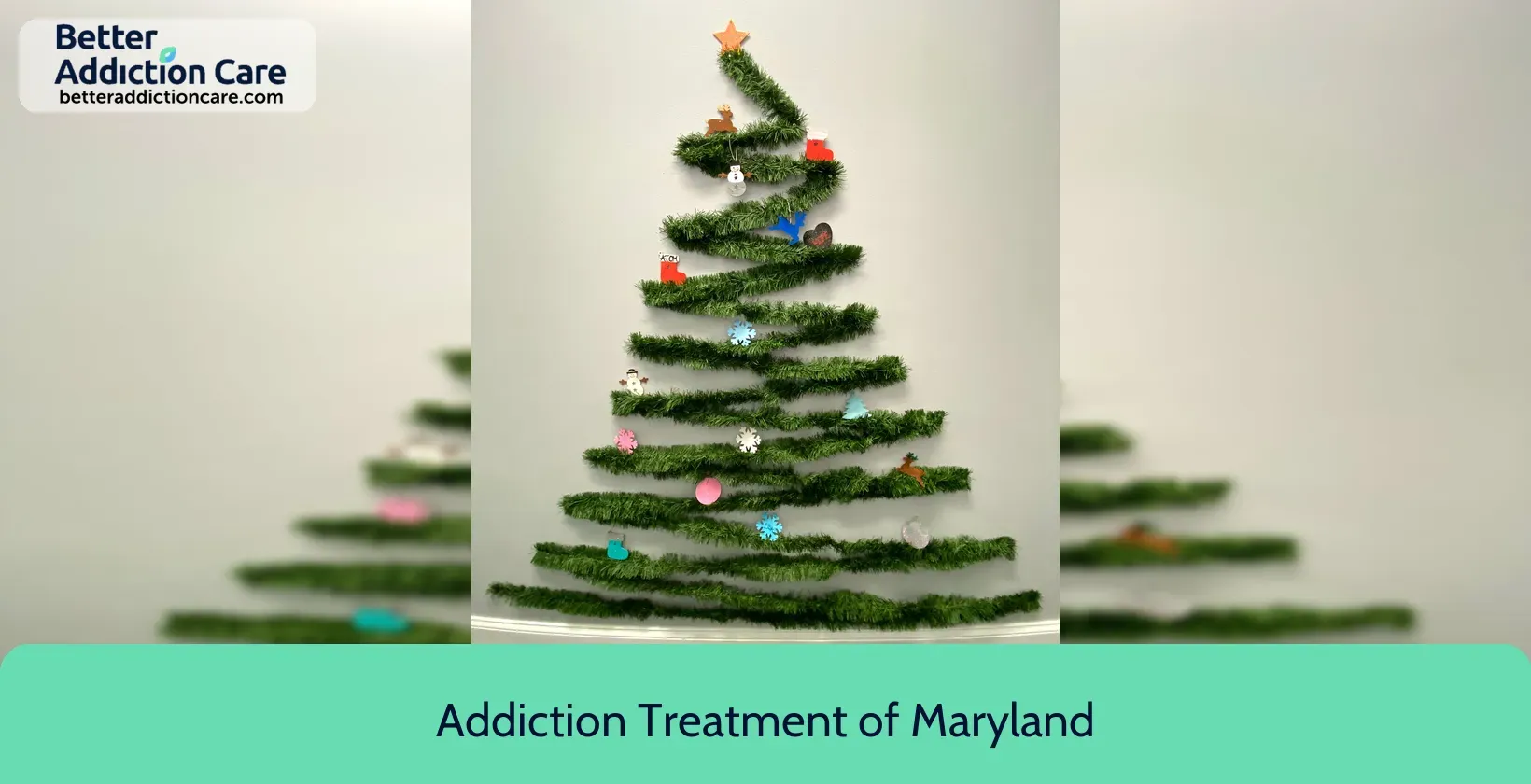
7.37
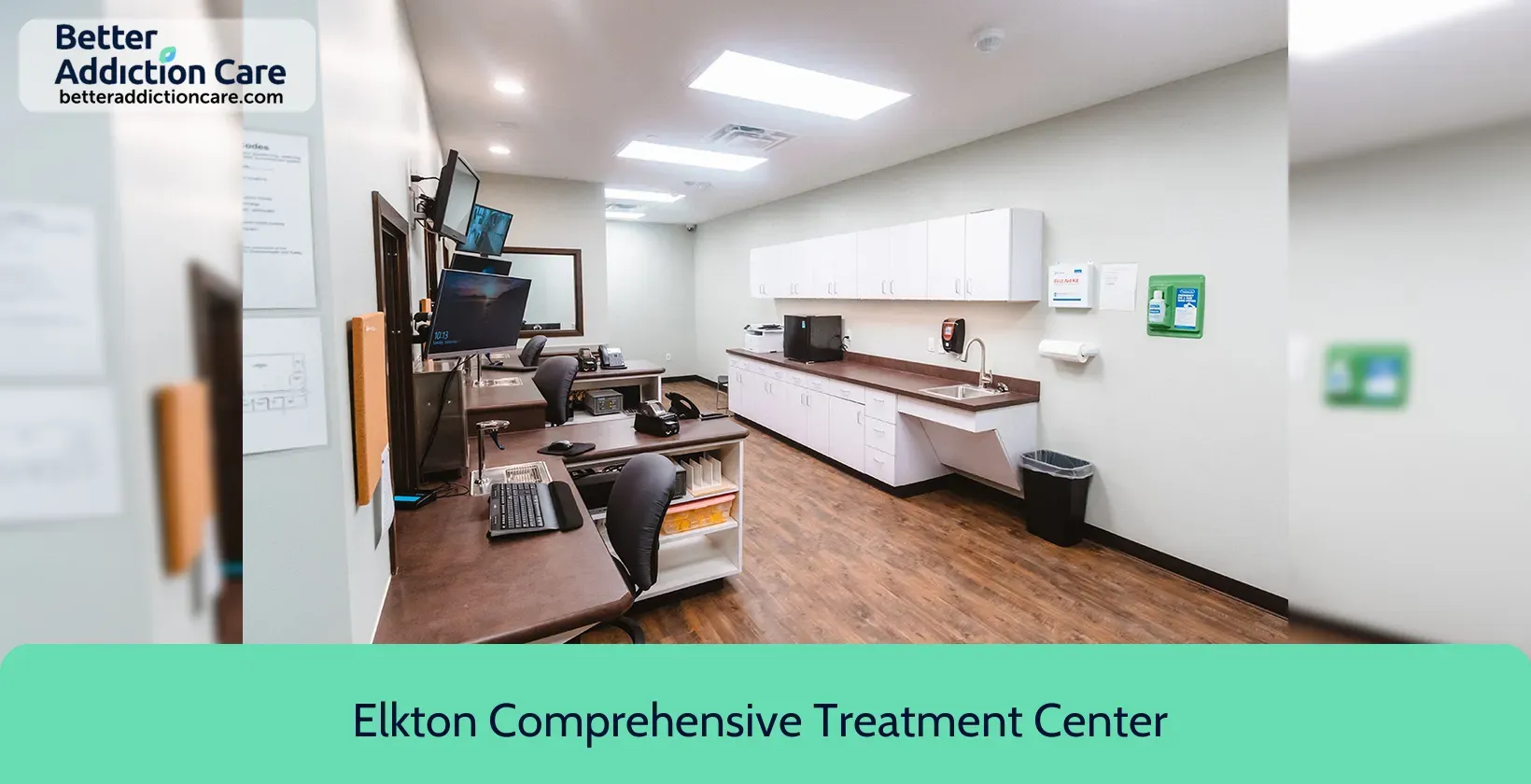
7.70
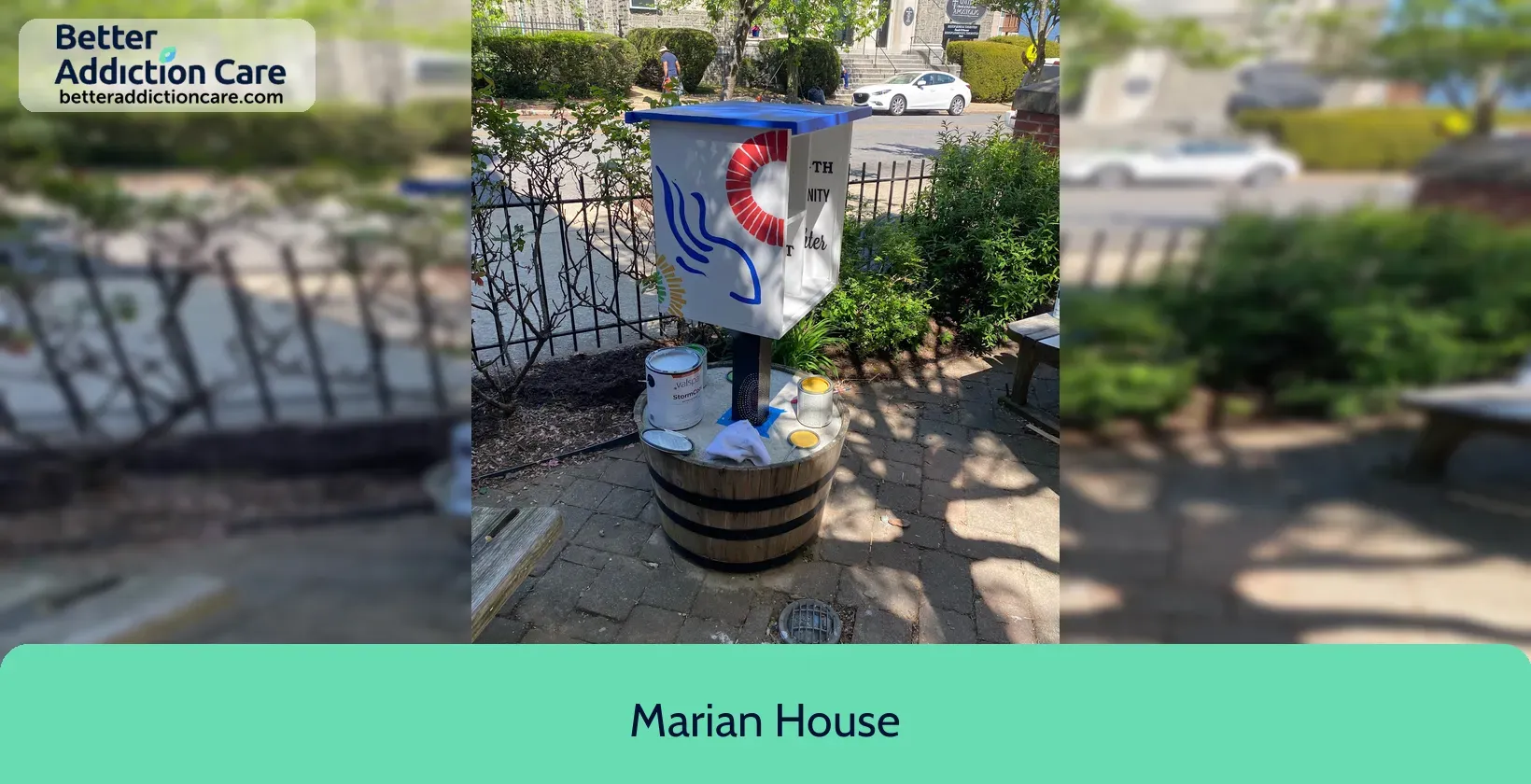
7.12
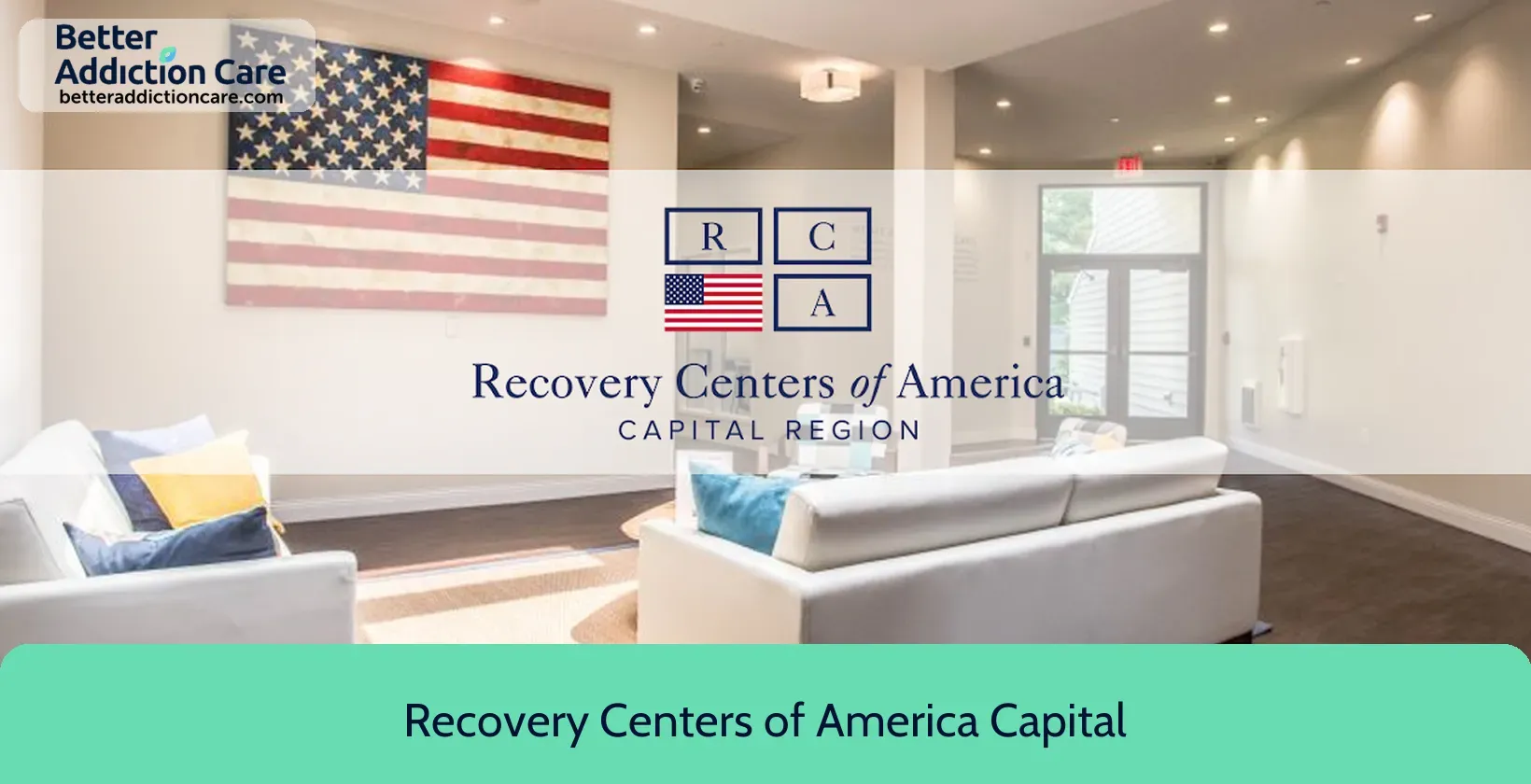
7.82
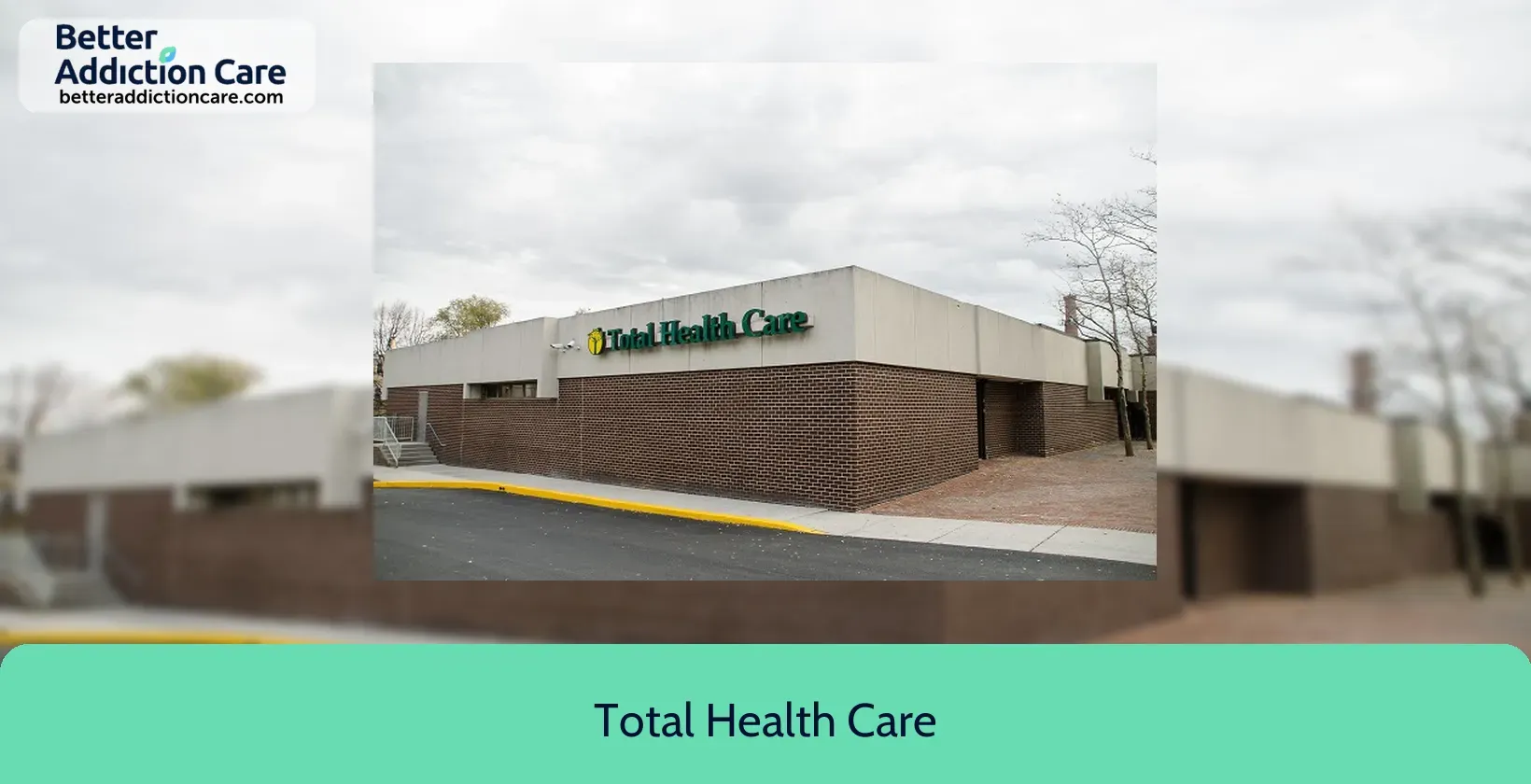
7.54
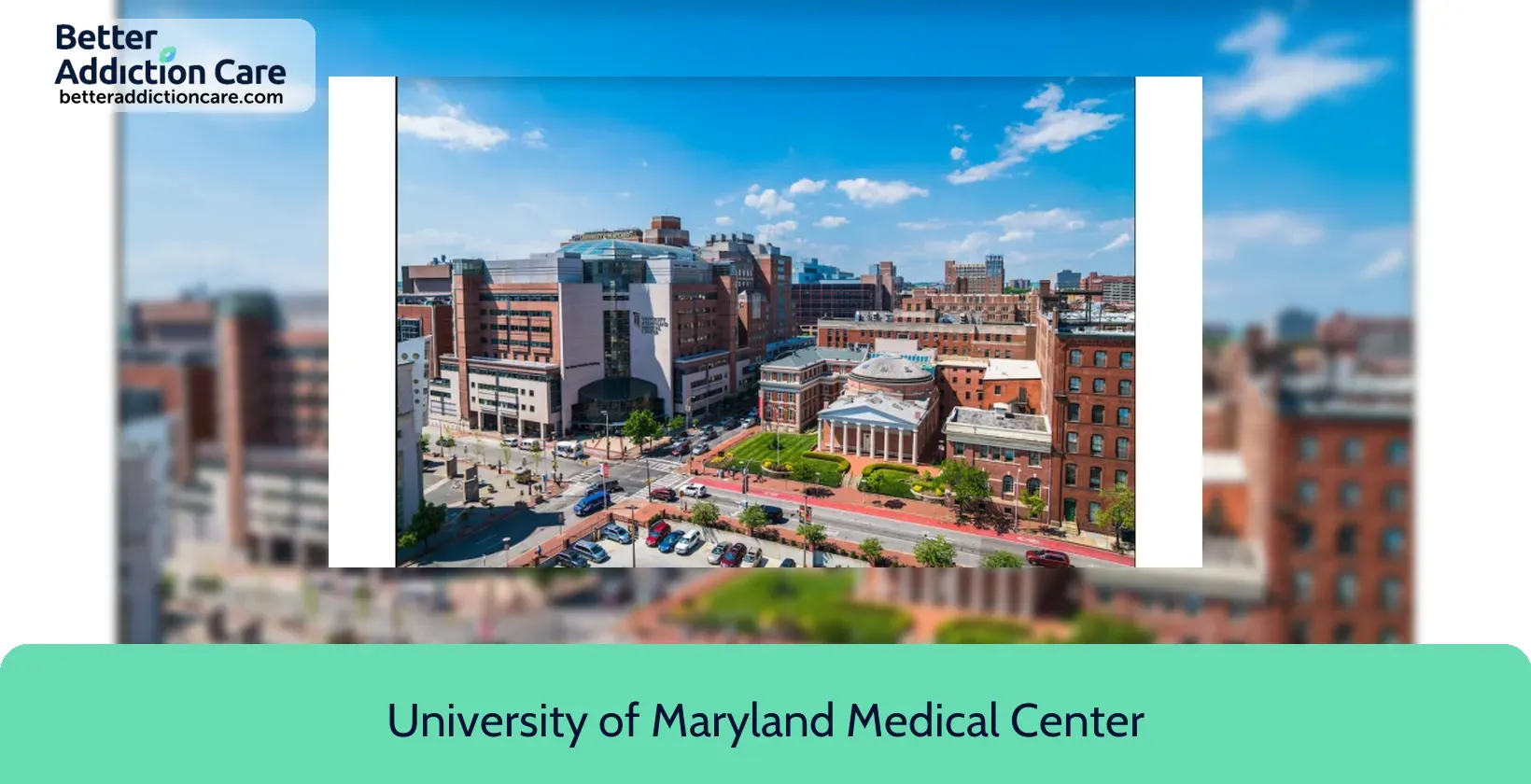
6.93
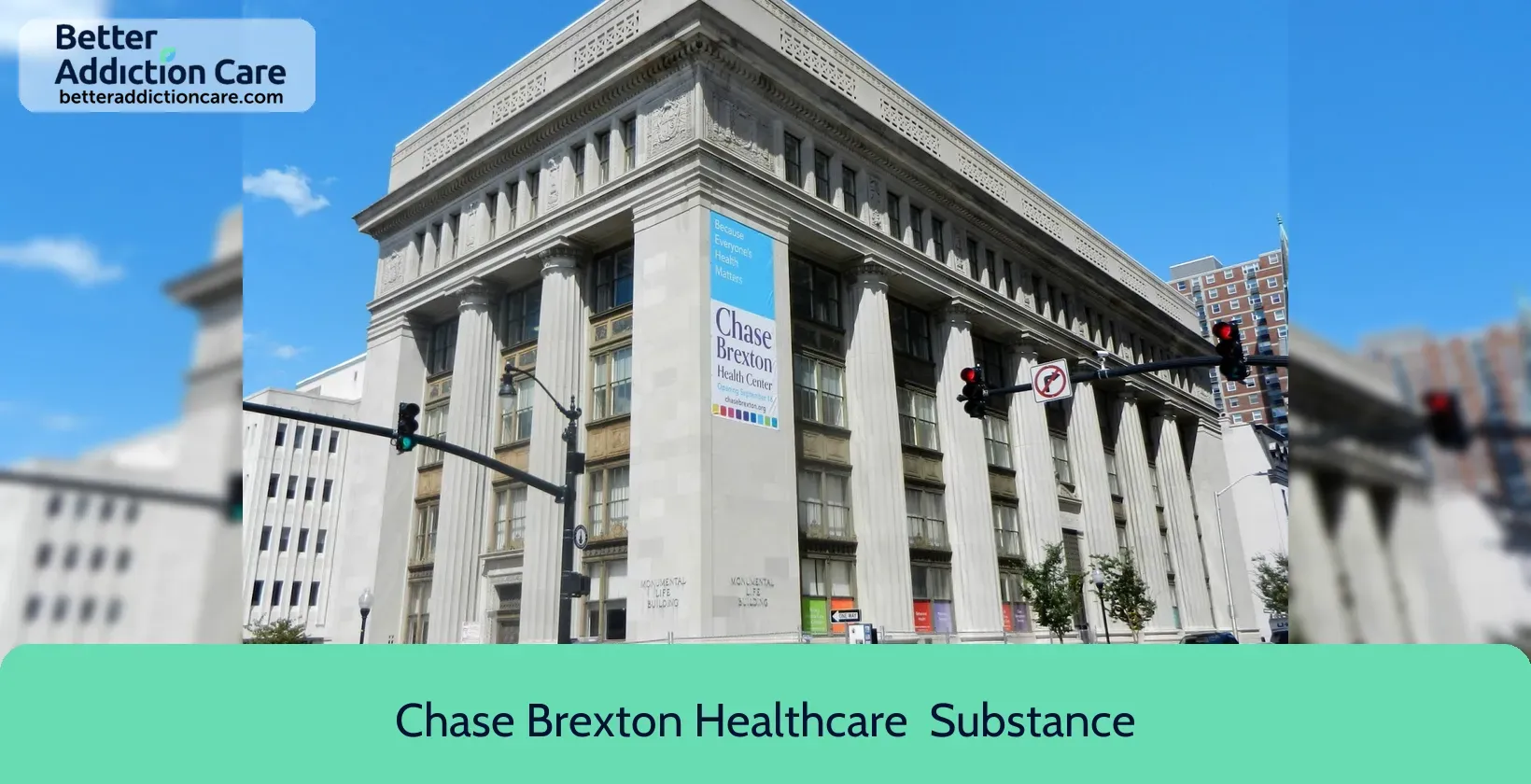
7.38
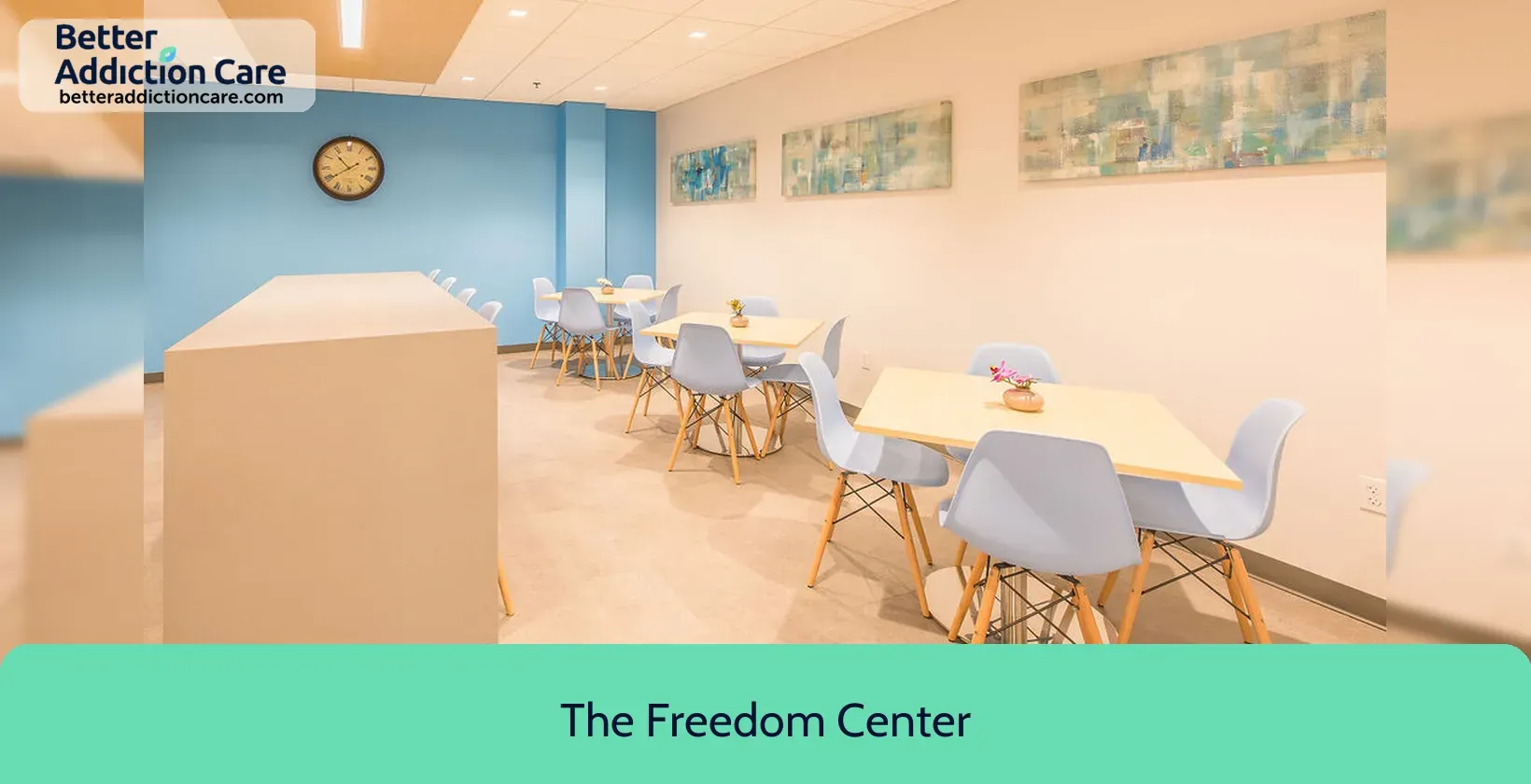
6.65
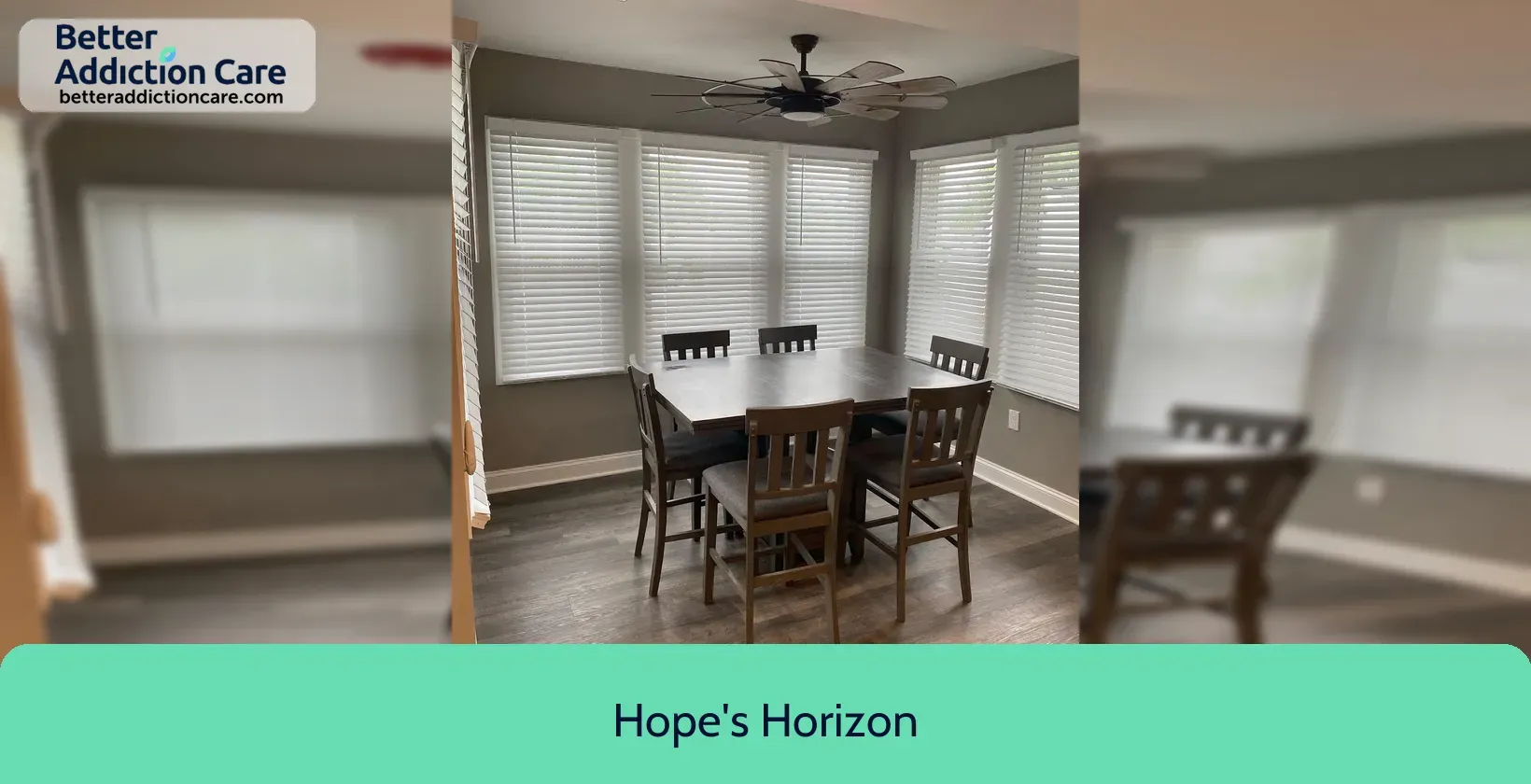
6.56
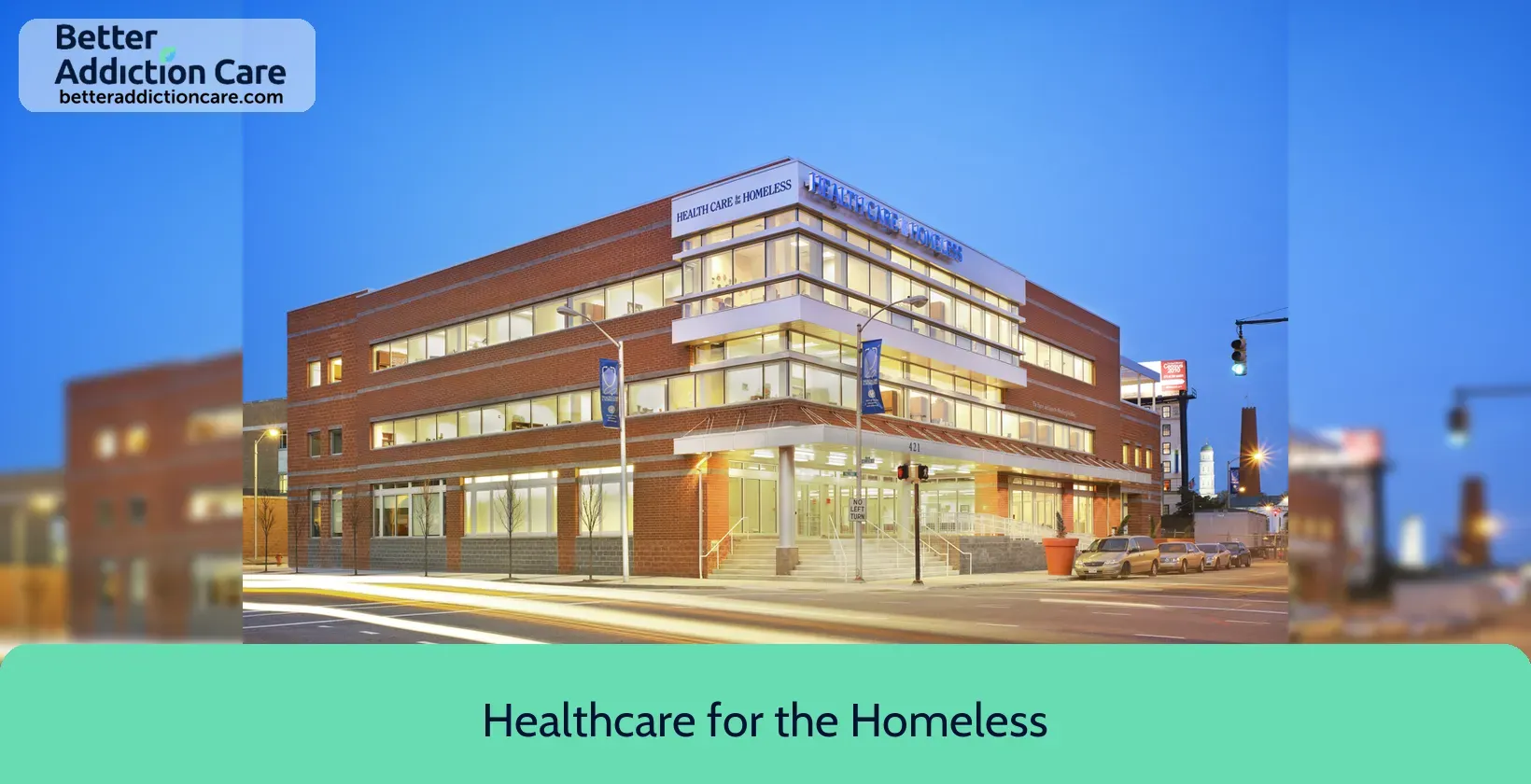
7.25
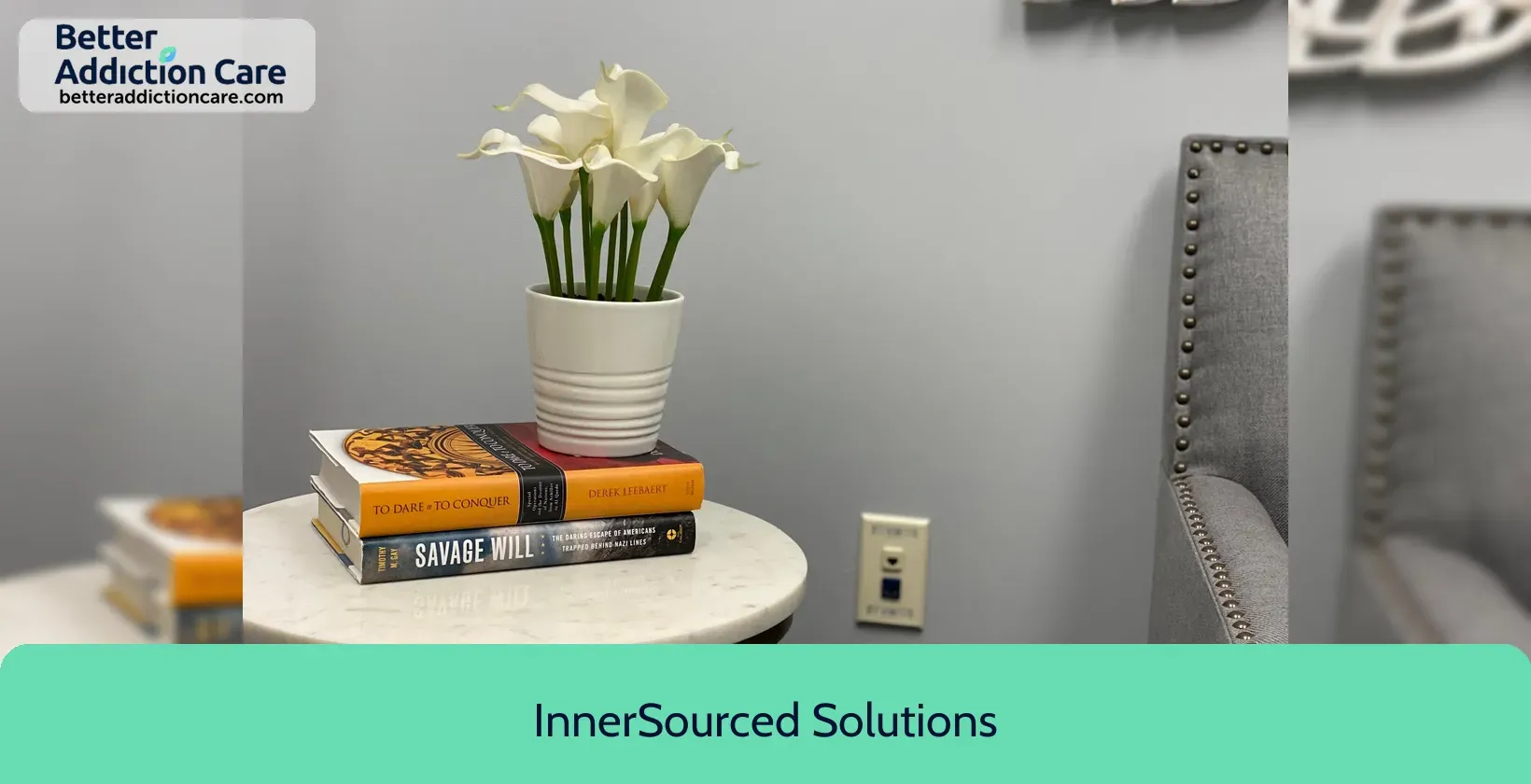
6.59
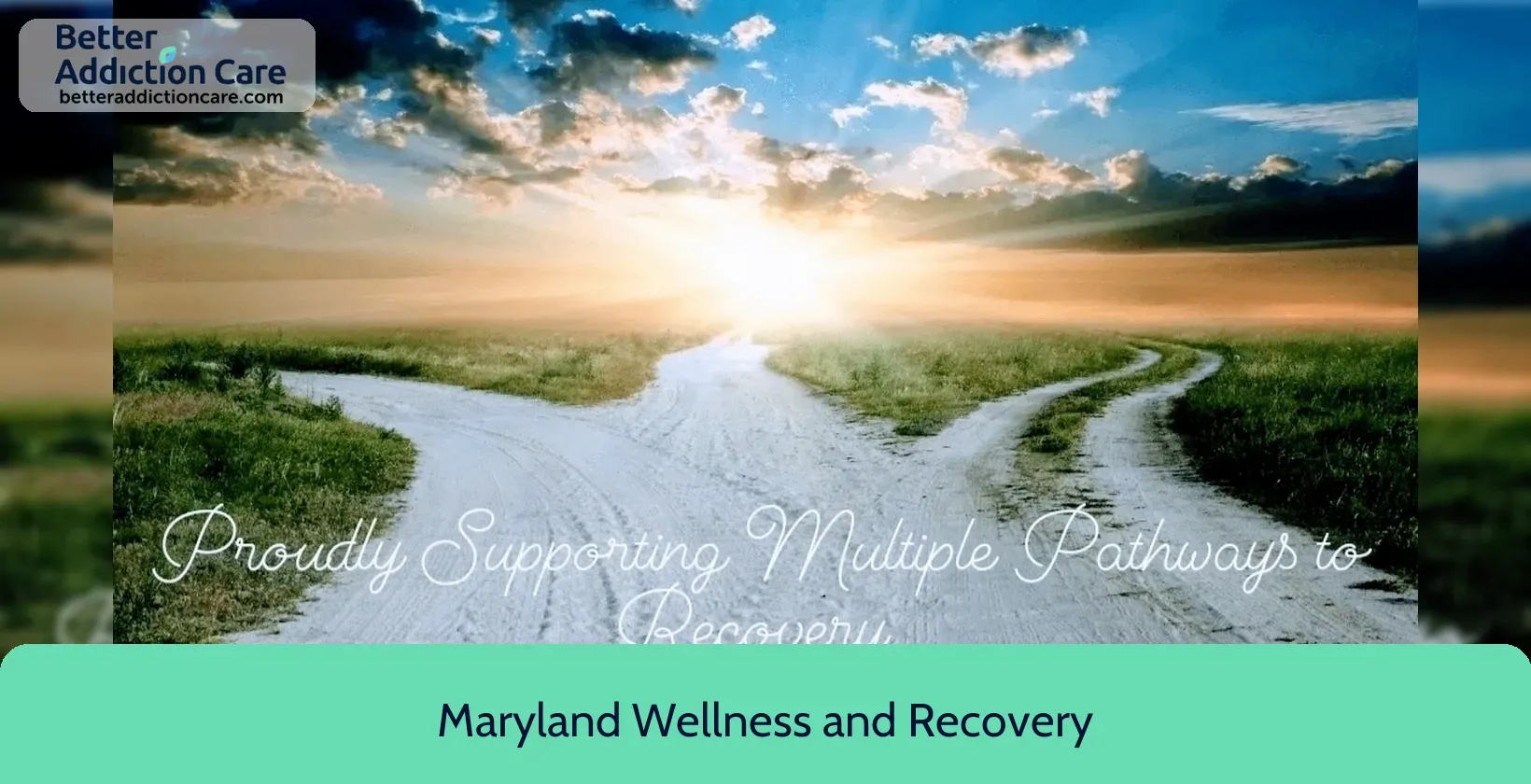
7.23
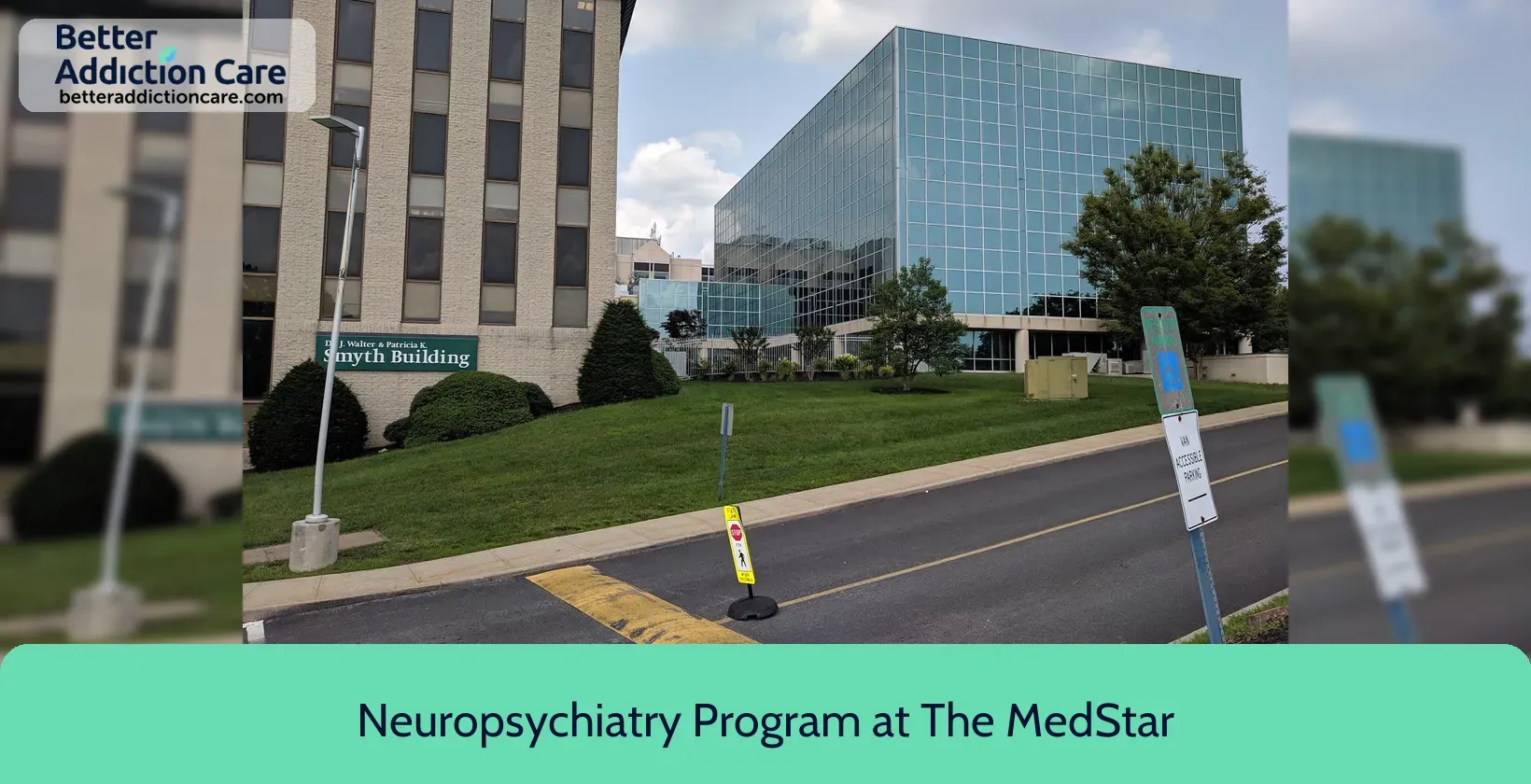
6.68
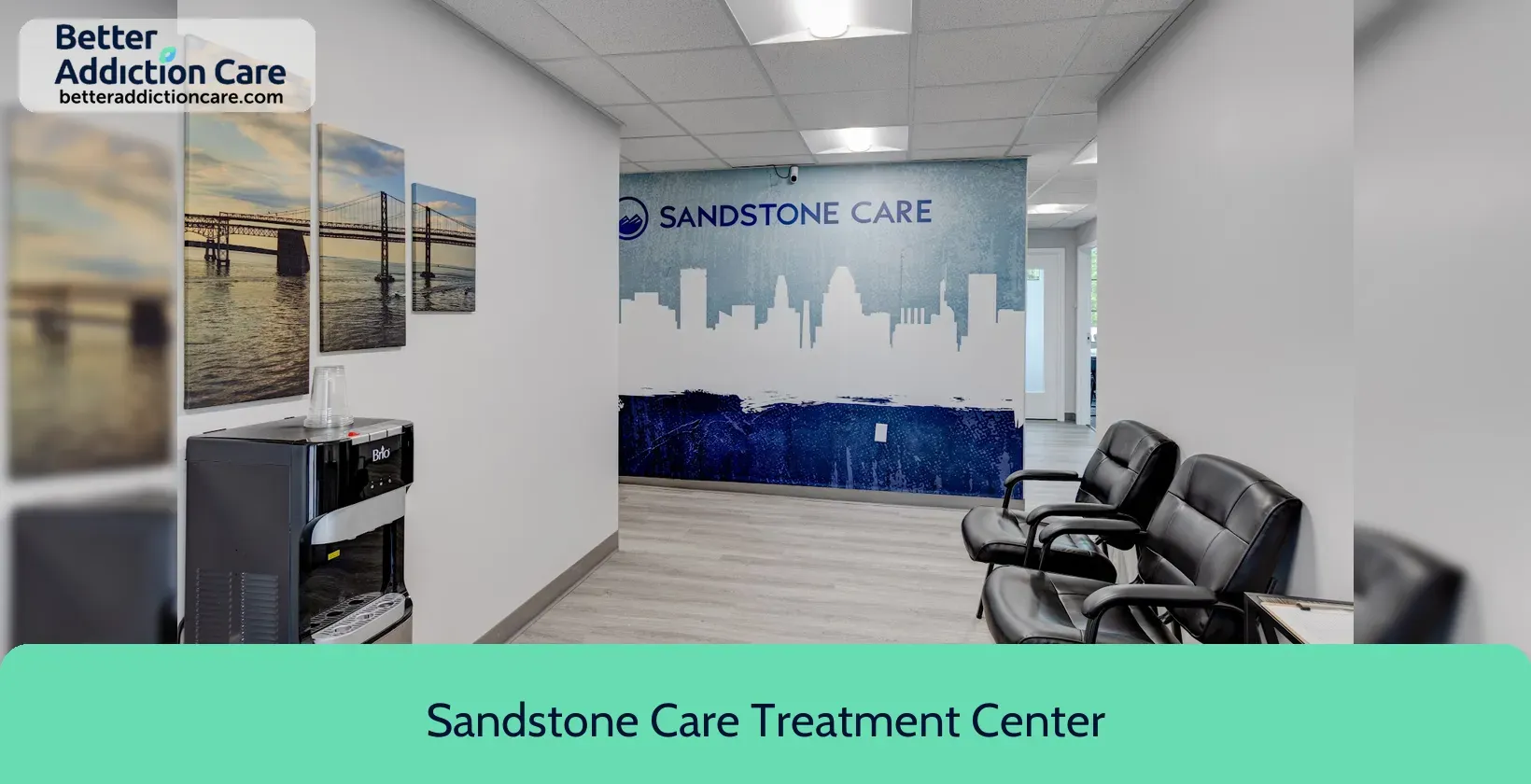
7.66
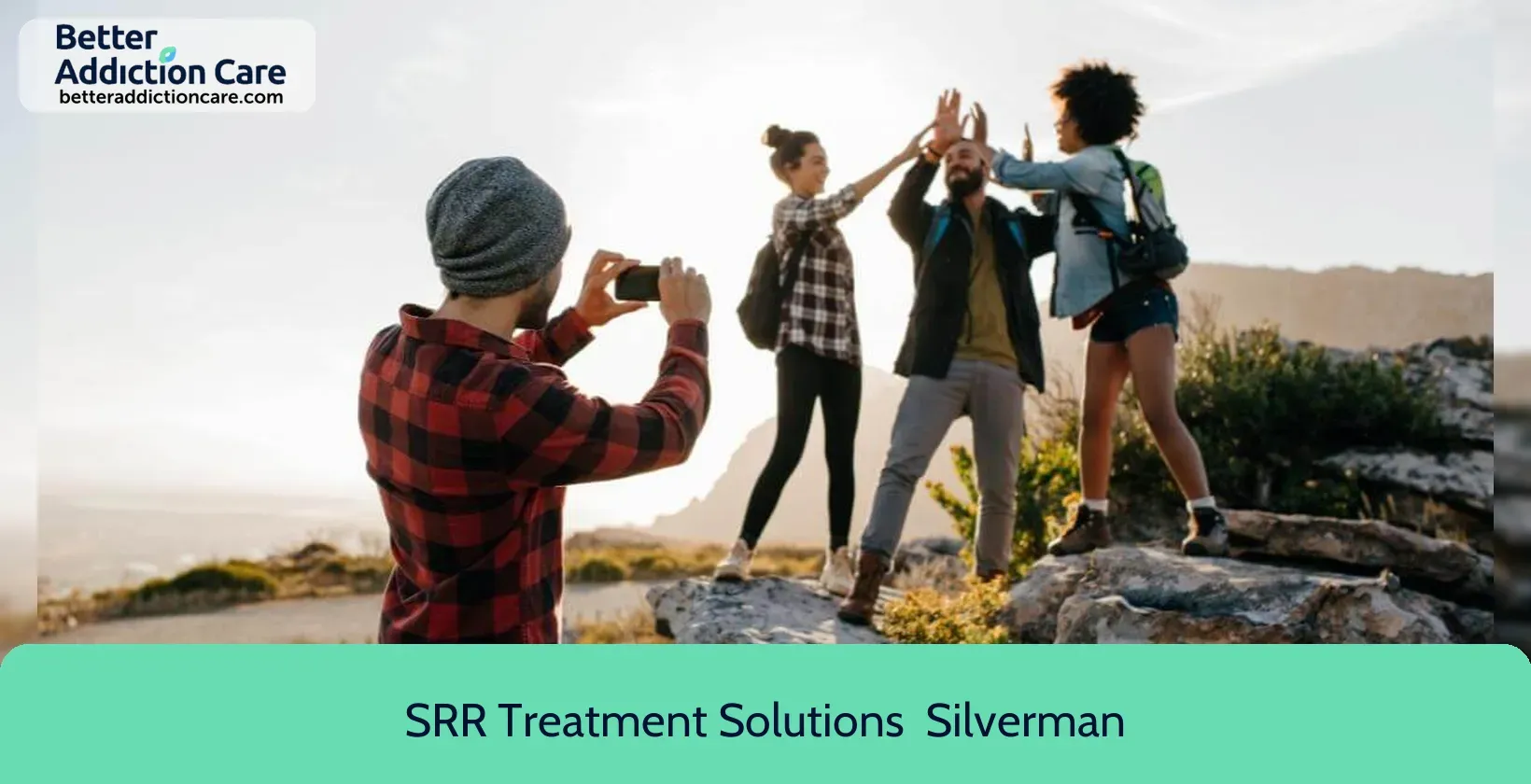
7.34
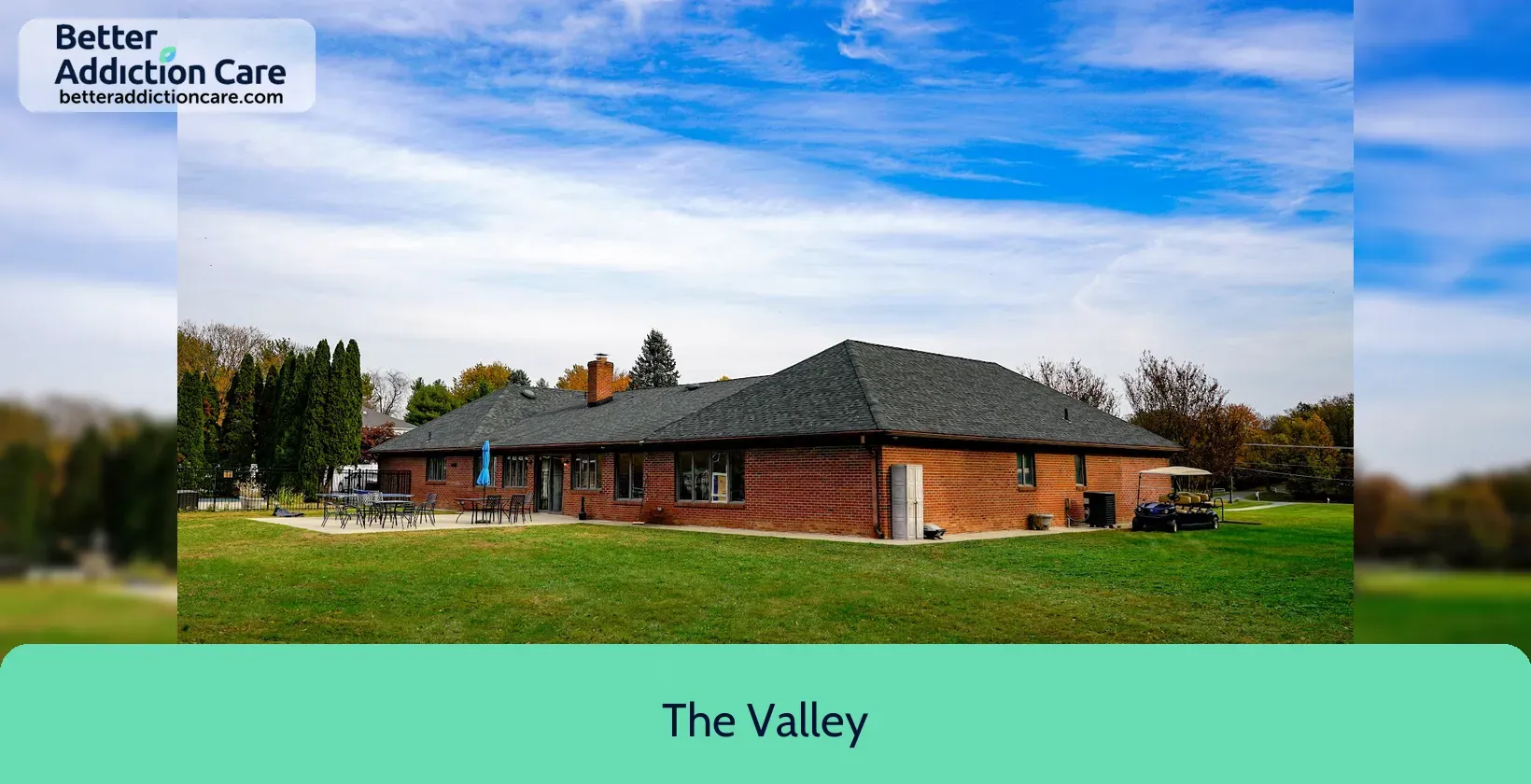
7.40
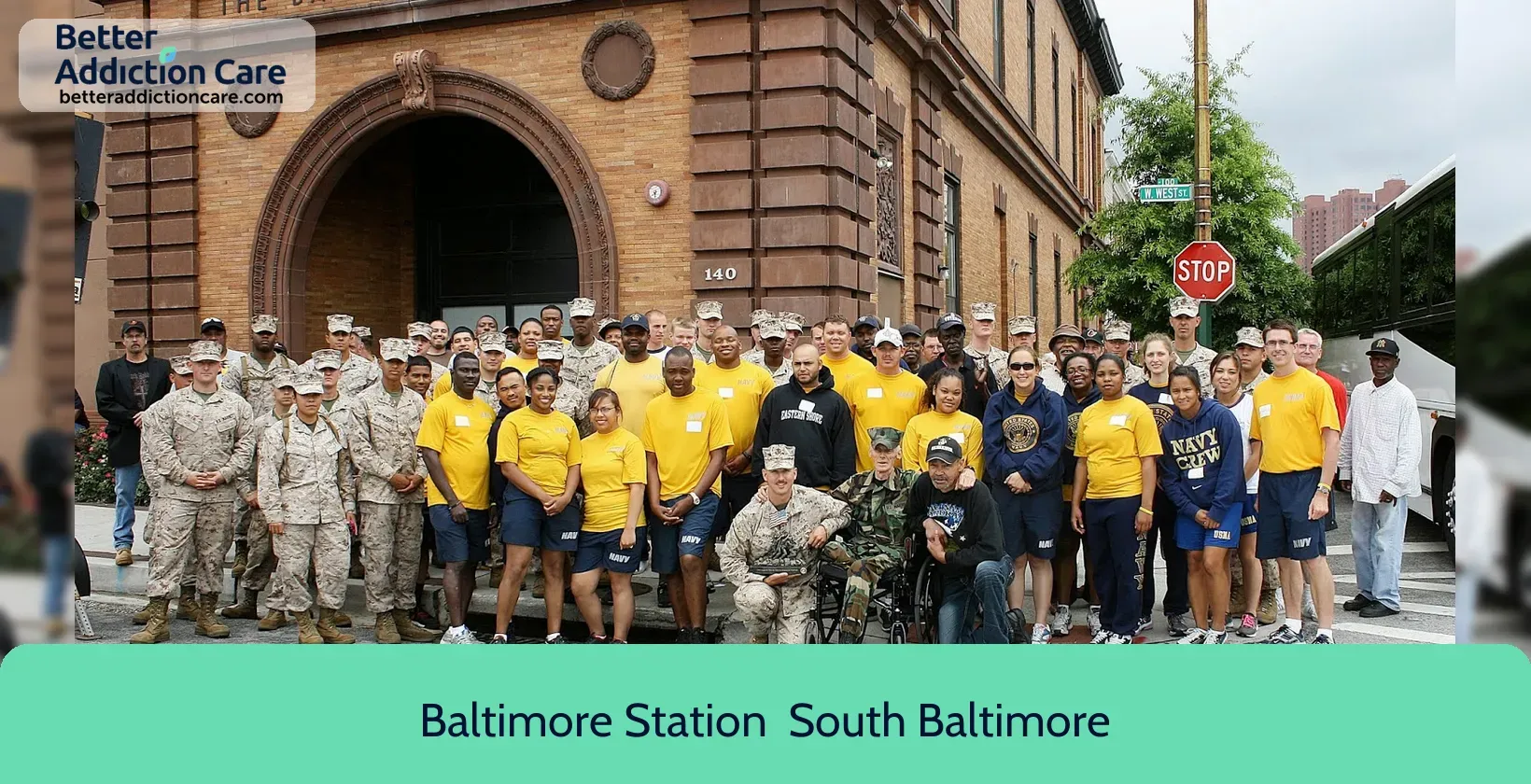
6.96
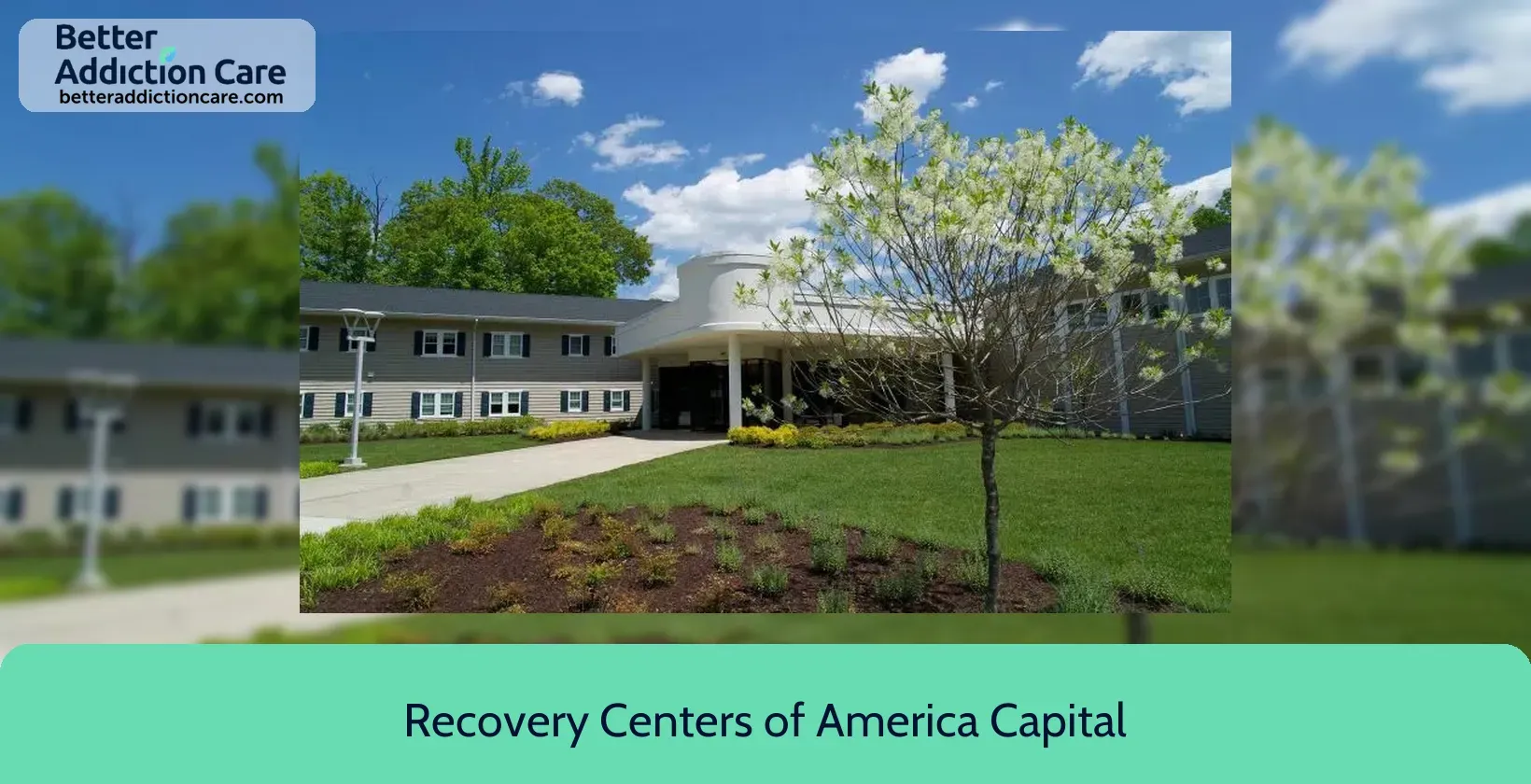
6.77
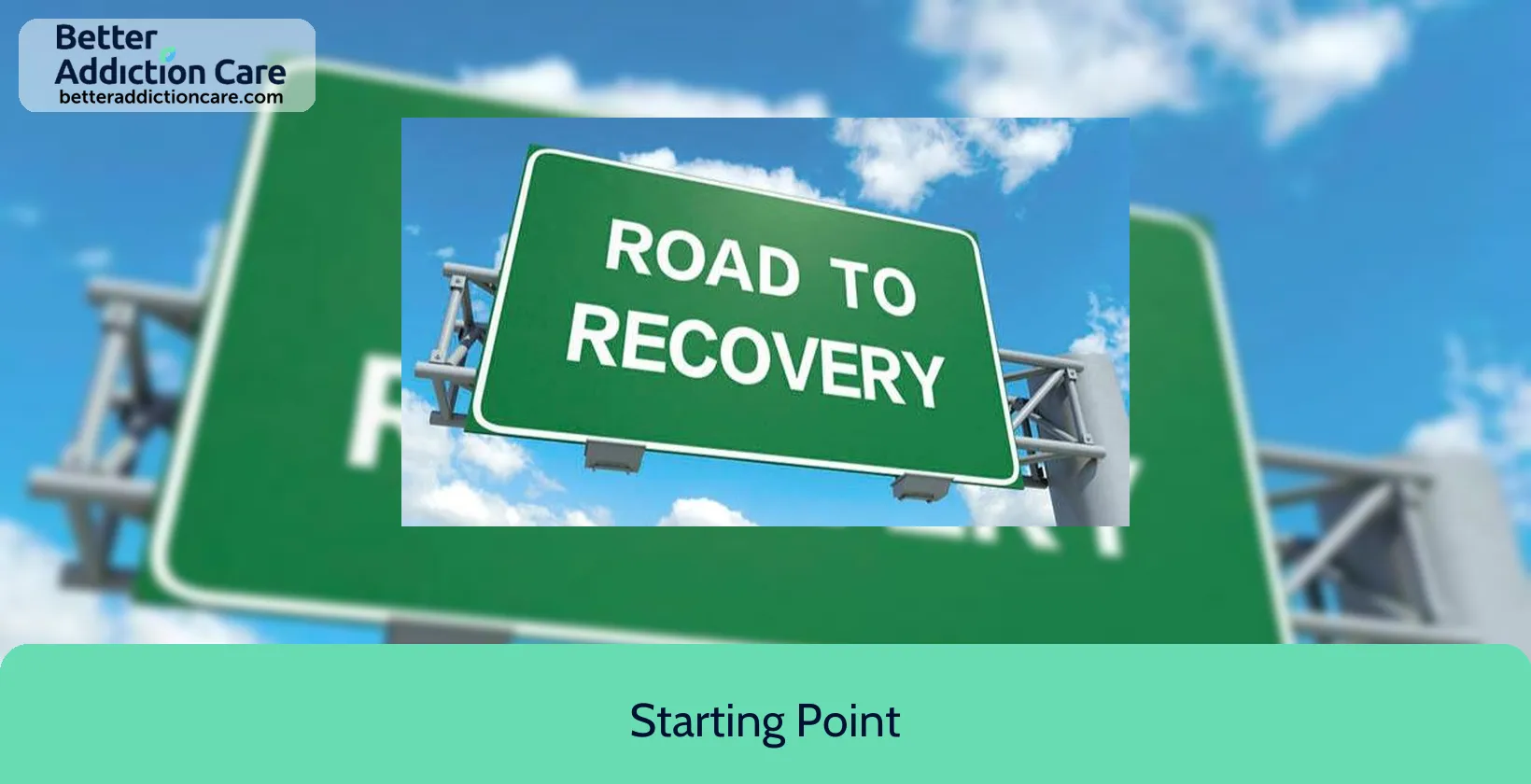
6.99
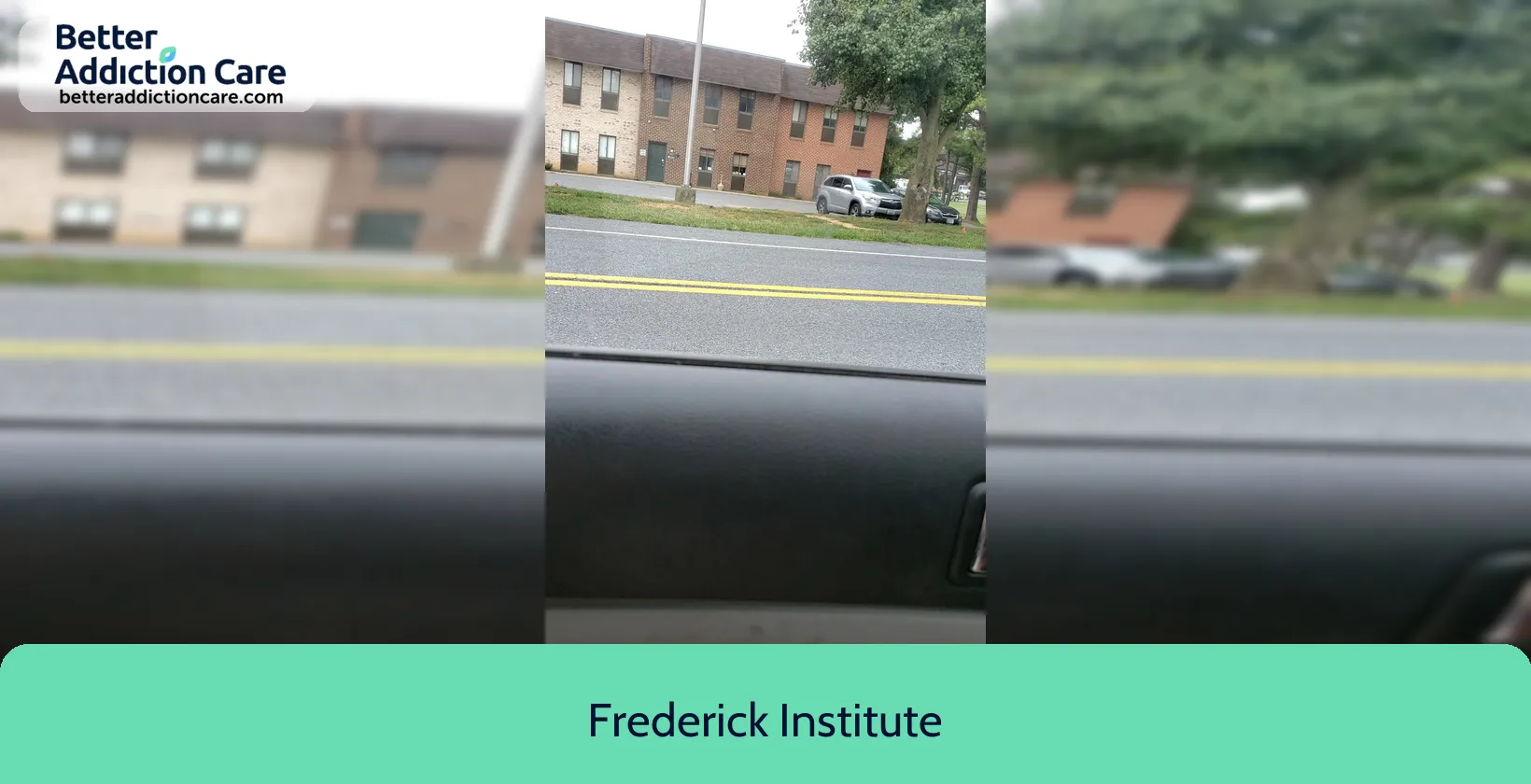
7.33
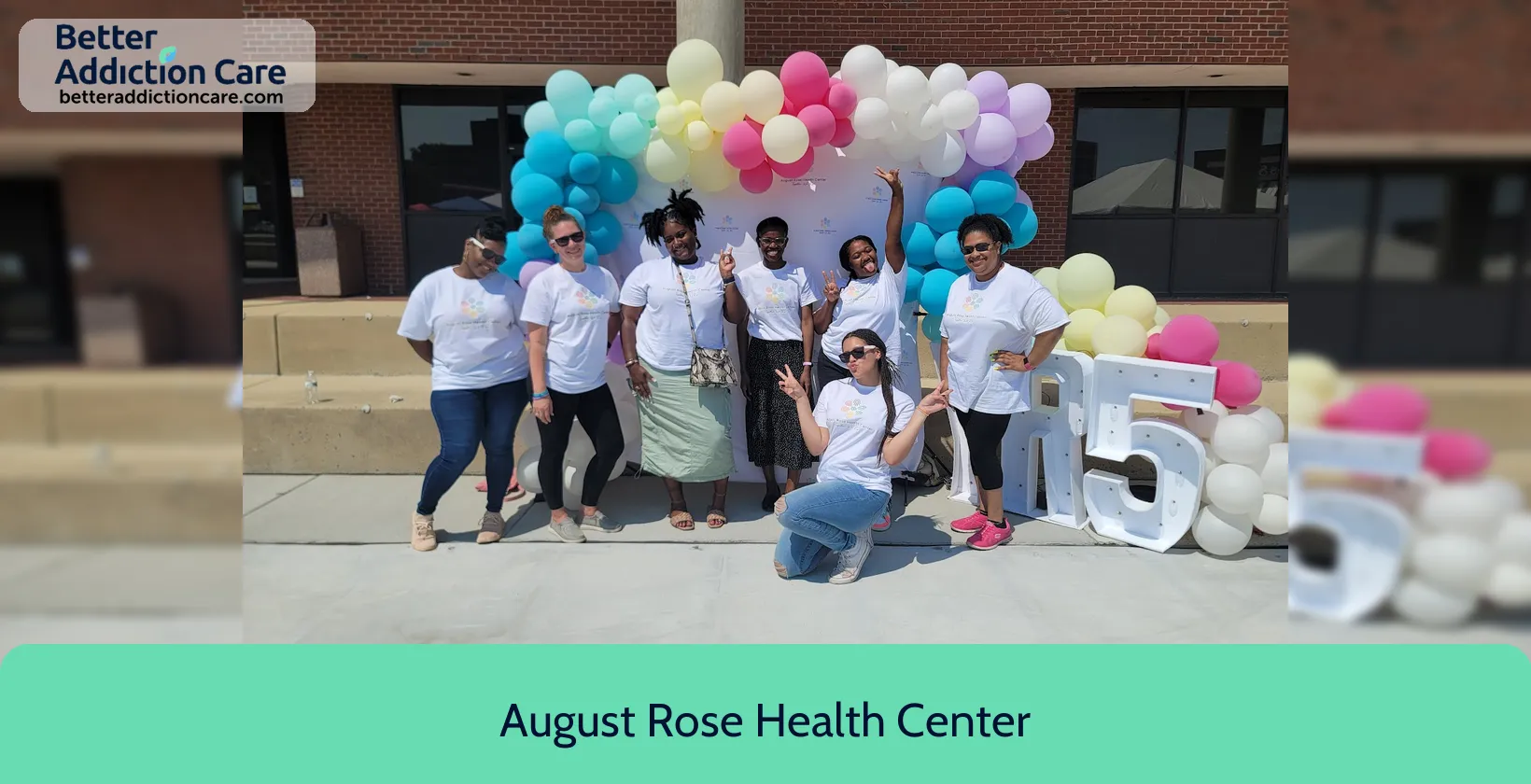
6.50
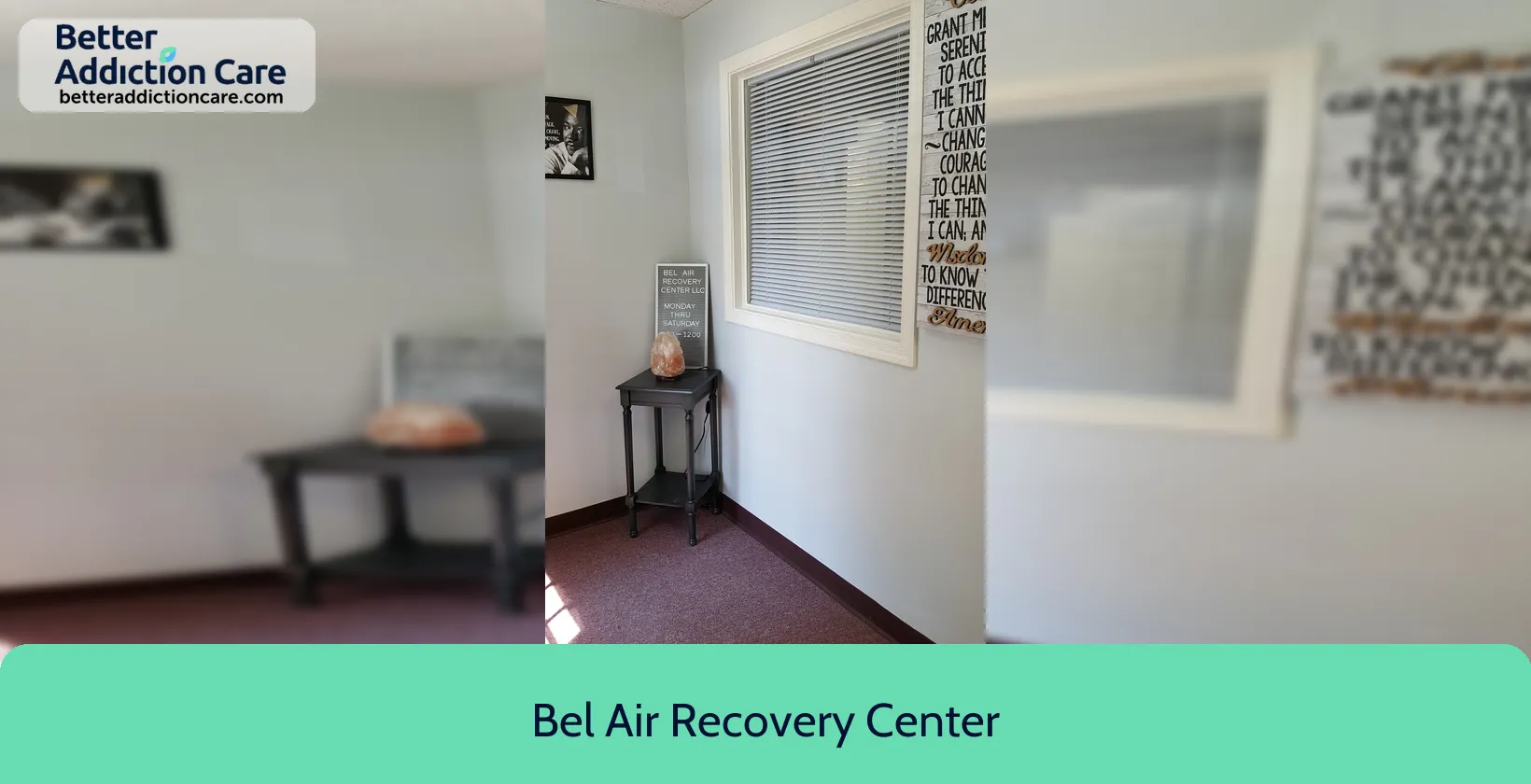
7.16
Substance abuse and Mental Health facilities Report for Maryland
30th
Cheapest To Most Expensive State Rank
502
Substance Abuse Facilities
52,759
Number of Patients Annually
50,382
Annual Enrollments
$85M
Spent on Outpatient Services (Million)
$1,701.00
Avg Outpatient Rehab Cost
1,892
Residential Admissions
$107M
Spent on Residential Treatment (Million)
$56,783.00
Residential Rehab Pay (Up To)
485
Total Patients
6
Free Drug Rehab Facilities
Alcoholism, Drug Abuse, Mental Health, and Treatment in Maryland
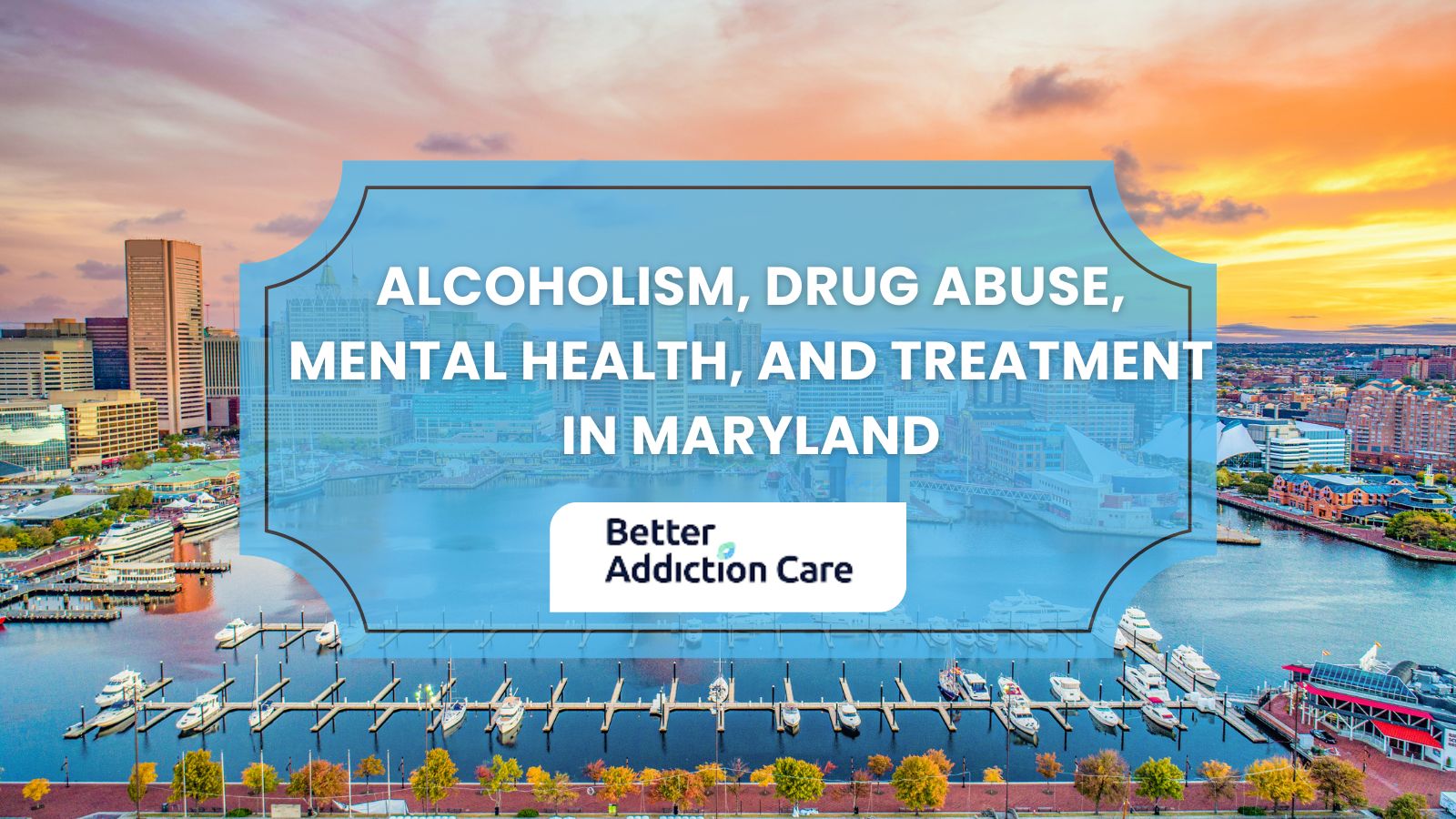
What are the main addictions people in Maryland suffer from?
In Maryland, the main addictions people in Maryland suffer from include:
- Illicit Drug Addiction: 824,000 of individuals aged 12 and older reported using illicit drugs in the past month. This equates to 15.86% people. Among them, 7.68% are aged 12-17, 28.88% are aged 18-25, and 14.93% are aged 26 or older. 528,000 (64%) males are higher in number as compared to 296,000 (40%) females.
- Marijuana Addiction: 733,000 of individuals aged 12 and older used marijuana in the past month, totaling 14.11% people. Usage rates are 5.93% for ages 12-17, 28.20% for ages 18-25, and 13.02% for ages 26 and above. 420,000 (57.2%) males are higher in number as compared to 313,000 (43%) females.
- Alcohol Addiction: 2,547,000 of individuals aged 12 and older consumed alcohol in the past month, representing 49.02% people. The prevalence is 5.87% among those aged 12-17, 50.86% for ages 18-25, and 53.72% for those 26 and older. 1,862,000 (73%) males are higher in number as compared to 685,000 (29%) females.
- Binge Alcohol Addiction: 1,053,000 of individuals aged 12 and older engaged in binge drinking in the past month, totaling 20.26%people. This includes 2.98% of individuals aged 12-17, 29.94% of those aged 18-25, and 20.87% of individuals aged 26 and older. 823,000 (78%) males are higher in number as compared to 230,000 (22%) females.
- Tobacco Product Addiction: 863,000 of individuals aged 12 and older used tobacco products in the past month, equating to 16.61% people. Usage rates are 2.00% for ages 12-17, 15.64% for ages 18-25, and 18.43% for ages 26 and above. 490,000 (57%) males are higher in number as compared to 373,000 (43%) females.
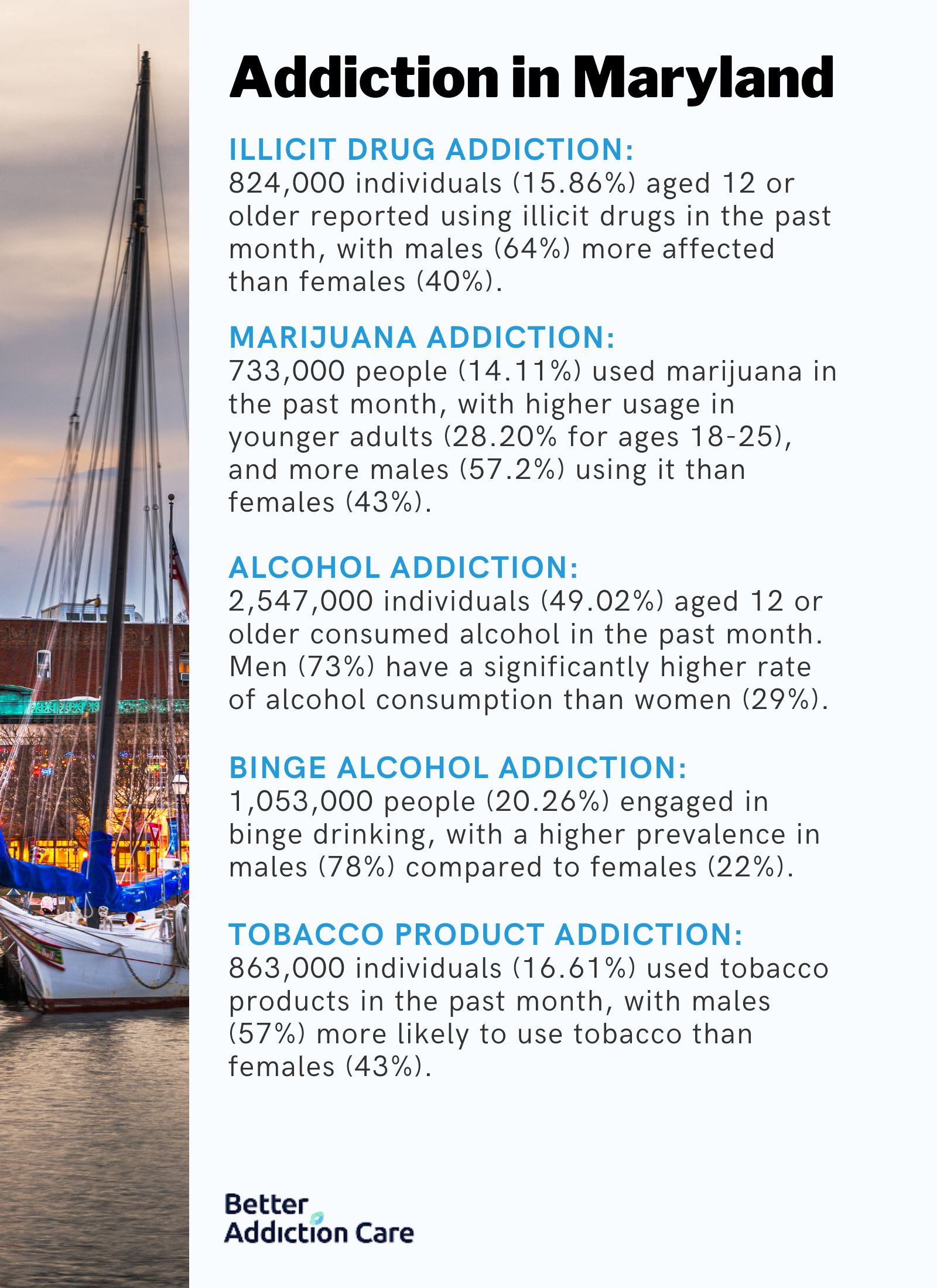
What is the cost of rehab centers in Maryland?
The cost of rehab centers in Maryland is $56,783, which equates to 57.7%. Inpatient rehab programs in Maryland generally cost between $5,000 (5%) and $80,000(81%), depending on the facility's amenities and program duration. Outpatient services are less expensive with $10,000 (10%). The cost of rehab centers in Maryland varies widely based on the intensity and length of the program. These programs provide a more affordable alternative while still offering essential support for recovery.
The cost of rehab centers in Maryland varies depending on several factors, including the type of addiction and the level of care required. For instance, treatment for prescription pain reliever misuse increases costs by 10% to 20%, raising the expense to a range of $62,461 to $68,139. Similarly, opioid misuse often necessitates specialized care, driving costs up by 15% to 25%, resulting in a range of $65,300 to $70,979.
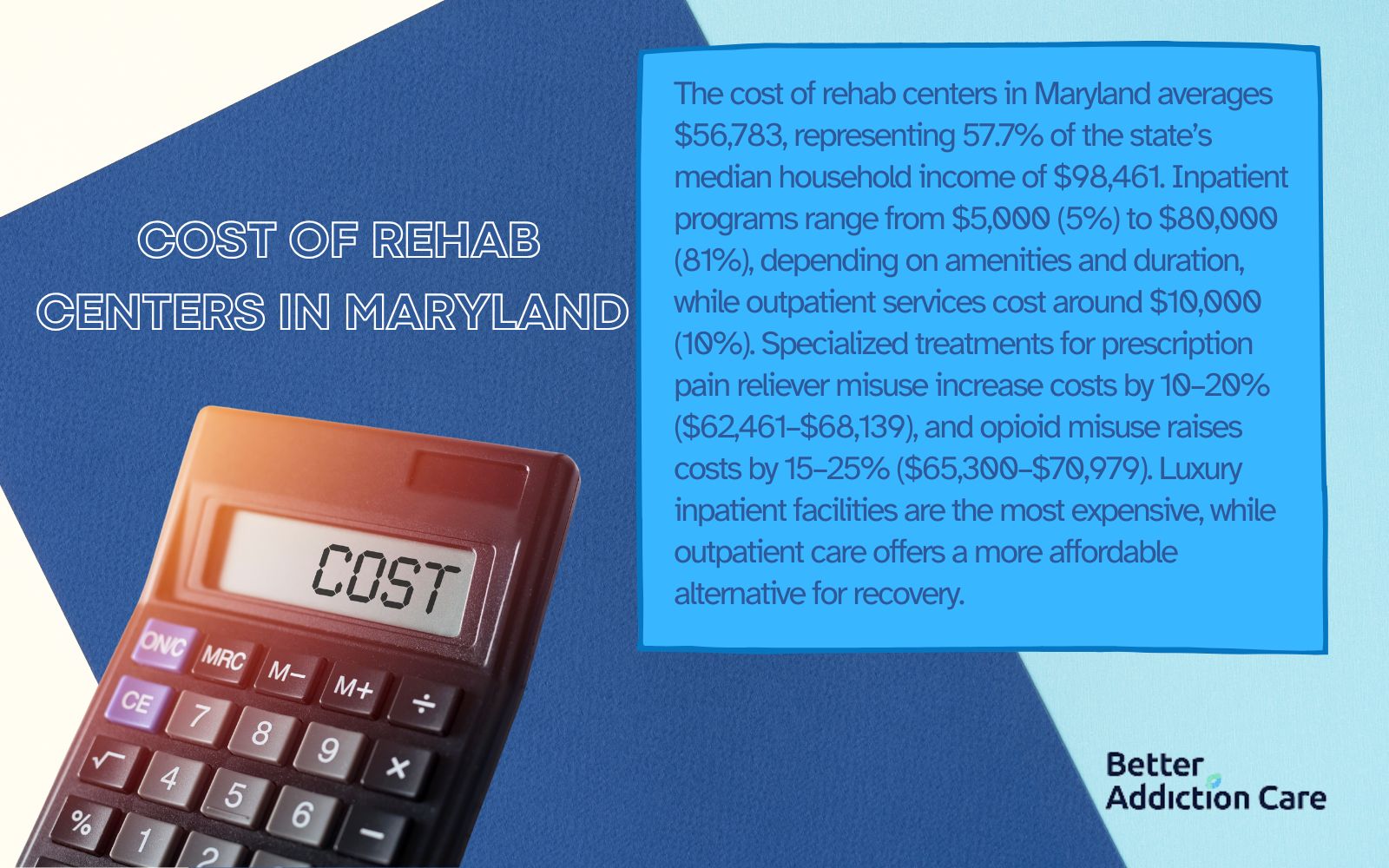
Maryland's median household income of $98,461, the cost of rehab centers in Maryland is $56,783 represents 57.7% of annual earnings, indicating a substantial financial burden for many residents. It is important to note that the cost of treatment also changes significantly depending on the type of rehab center, with luxury inpatient facilities being the most expensive options.
What is the cost of LGBTQ+ rehab centers in Maryland?
The cost of LGBTQ+ rehab centers in Maryland is $53,783, which equates to 54.6%. Inpatient rehab programs in Maryland generally cost between $5,000 (5%) and $80,000(81%), depending on the facility's amenities and program duration. Outpatient services are less expensive with $10,000 (10%). The cost of LGBTQ+ rehab centers in Maryland varies widely based on the intensity and length of the program. These programs provide a more affordable alternative while still offering essential support for recovery.
The cost of LGBTQ+ rehab centers in Maryland varies depending on several factors, including the type of addiction and the level of care required. For instance, treatment for prescription pain reliever misuse increases costs by 10% to 20%, raising the expense to a range of $62,461 to $68,139. Similarly, opioid misuse often necessitates specialized care, driving costs up by 15% to 25%, resulting in a range of $65,300 to $70,979.
Maryland's median household income of $98,461, the cost of LGBTQ+ rehab centers in Maryland is $53,783 represents 54.6% of annual earnings, indicating a substantial financial burden for many residents. It is important to note that the cost of LGBTQ+ treatment also changes significantly depending on the type of rehab center, with luxury inpatient facilities being the most expensive options.
What is the cost of Faith-Based rehab centers in Maryland?
The cost of Faith-Based rehab centers in Maryland is $57,000, which equates to 57.8%. Inpatient rehab programs in Maryland generally cost between $5,000 (5%) and $80,000(81%), depending on the facility's amenities and program duration. Outpatient services are less expensive with $10,000 (10%). The cost of Faith-Based rehab centers in Maryland varies widely based on the intensity and length of the program. These programs provide a more affordable alternative while still offering essential support for recovery.
The cost of Faith-Based rehab centers in Maryland varies depending on several factors, including the type of addiction and the level of care required. For instance, treatment for prescription pain reliever misuse increases costs by 10% to 20%, raising the expense to a range of $62,461 to $68,139. Similarly, opioid misuse often necessitates specialized care, driving costs up by 15% to 25%, resulting in a range of $65,300 to $70,979.
Maryland's median household income of $98,461, the cost of Faith-Based rehab centers in Maryland is $57,000 represents 57.8% of annual earnings, indicating a substantial financial burden for many residents. It is important to note that the cost of Faith-Based treatment also changes significantly depending on the type of rehab center, with luxury inpatient facilities being the most expensive options.
What is the cost of Men-Only rehab centers in Maryland?
The cost of Men-Only Rehab centers in Maryland is $55,000, which equates to 55.8%. Inpatient rehab programs in Maryland generally cost between $5,000 (5%) and $80,000(81%), depending on the facility's amenities and program duration. Outpatient services are less expensive with $10,000 (10%). The cost of Men-Only rehab centers in Maryland varies widely based on the intensity and length of the program. These programs provide a more affordable alternative while still offering essential support for recovery.
The cost of Men-Only rehab centers in Maryland varies depending on several factors, including the type of addiction and the level of care required. For instance, treatment for prescription pain reliever misuse increases costs by 10% to 20%, raising the expense to a range of $62,461 to $68,139. Similarly, opioid misuse often necessitates specialized care, driving costs up by 15% to 25%, resulting in a range of $65,300 to $70,979.
Maryland's median household income of $98,461, the cost of Men-Only rehab centers in Maryland is $55,000 represents 55.8% of annual earnings, indicating a substantial financial burden for many residents. It is important to note that the cost of Men-Only treatment also changes significantly depending on the type of rehab center, with luxury inpatient facilities being the most expensive options.
What is the cost of Women-Only rehab centers in Maryland?
The cost of Women-Only rehab centers in Maryland is $56,000, which equates to 56%. Inpatient rehab programs in Maryland generally cost between $5,000 (5%) and $80,000(81%), depending on the facility's amenities and program duration. Outpatient services are less expensive with $10,000 (10%). The cost of Women-Only rehab centers in Maryland varies widely based on the intensity and length of the program. These programs provide a more affordable alternative while still offering essential support for recovery.
The cost of Women-Only rehab centers in Maryland varies depending on several factors, including the type of addiction and the level of care required. For instance, treatment for prescription pain reliever misuse increases costs by 10% to 20%, raising the expense to a range of $62,461 to $68,139. Similarly, opioid misuse often necessitates specialized care, driving costs up by 15% to 25%, resulting in a range of $65,300 to $70,979.




